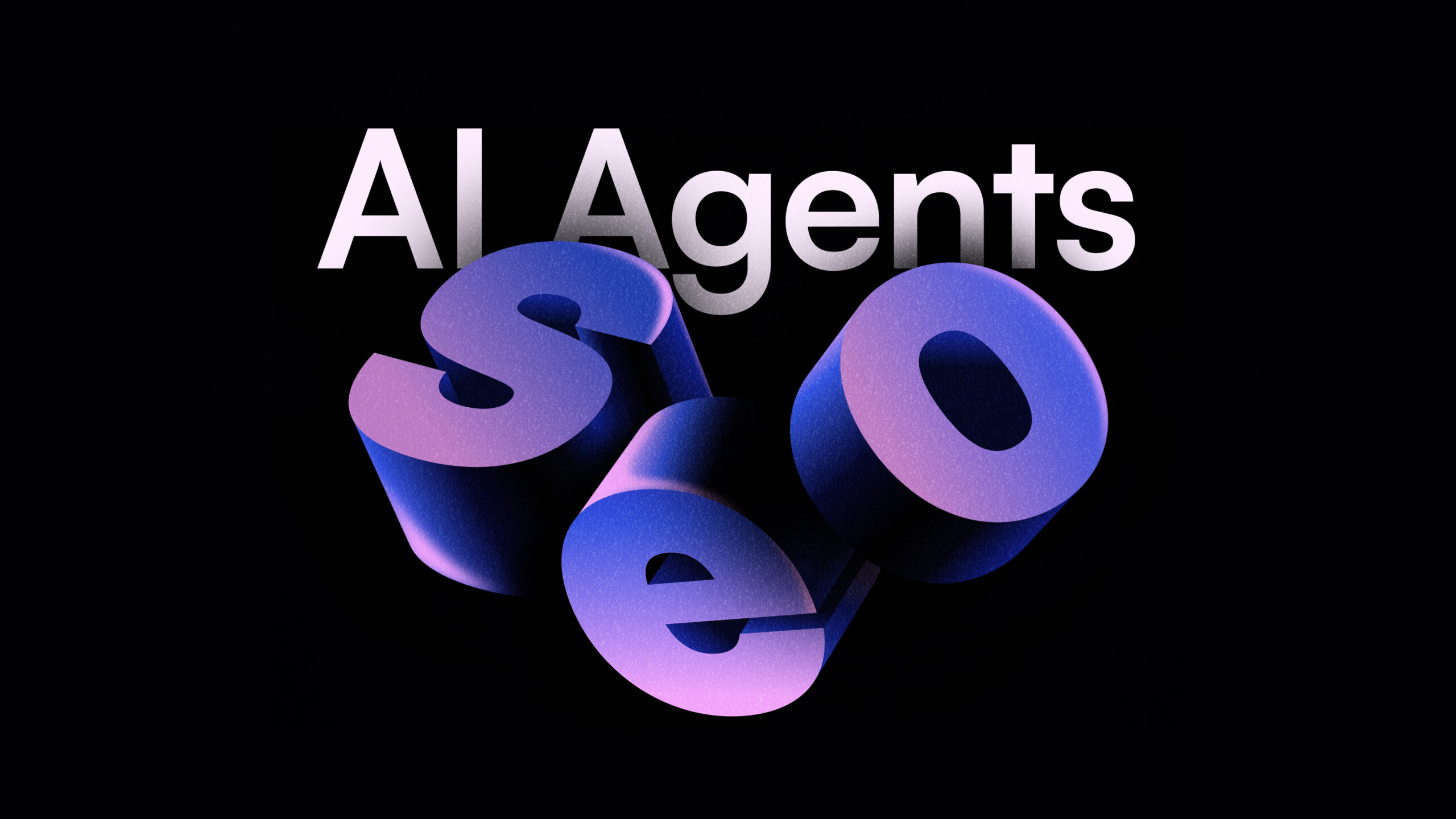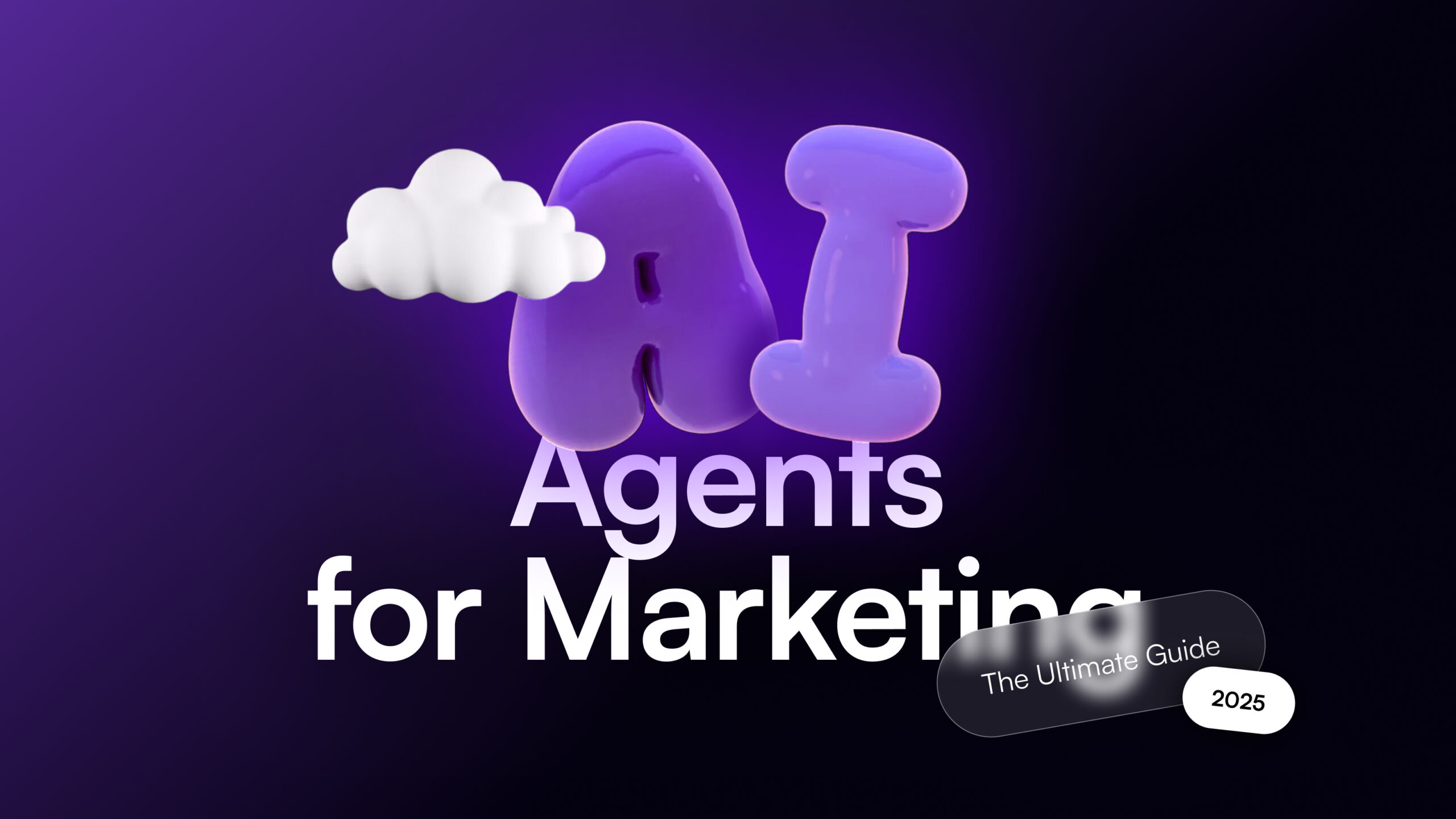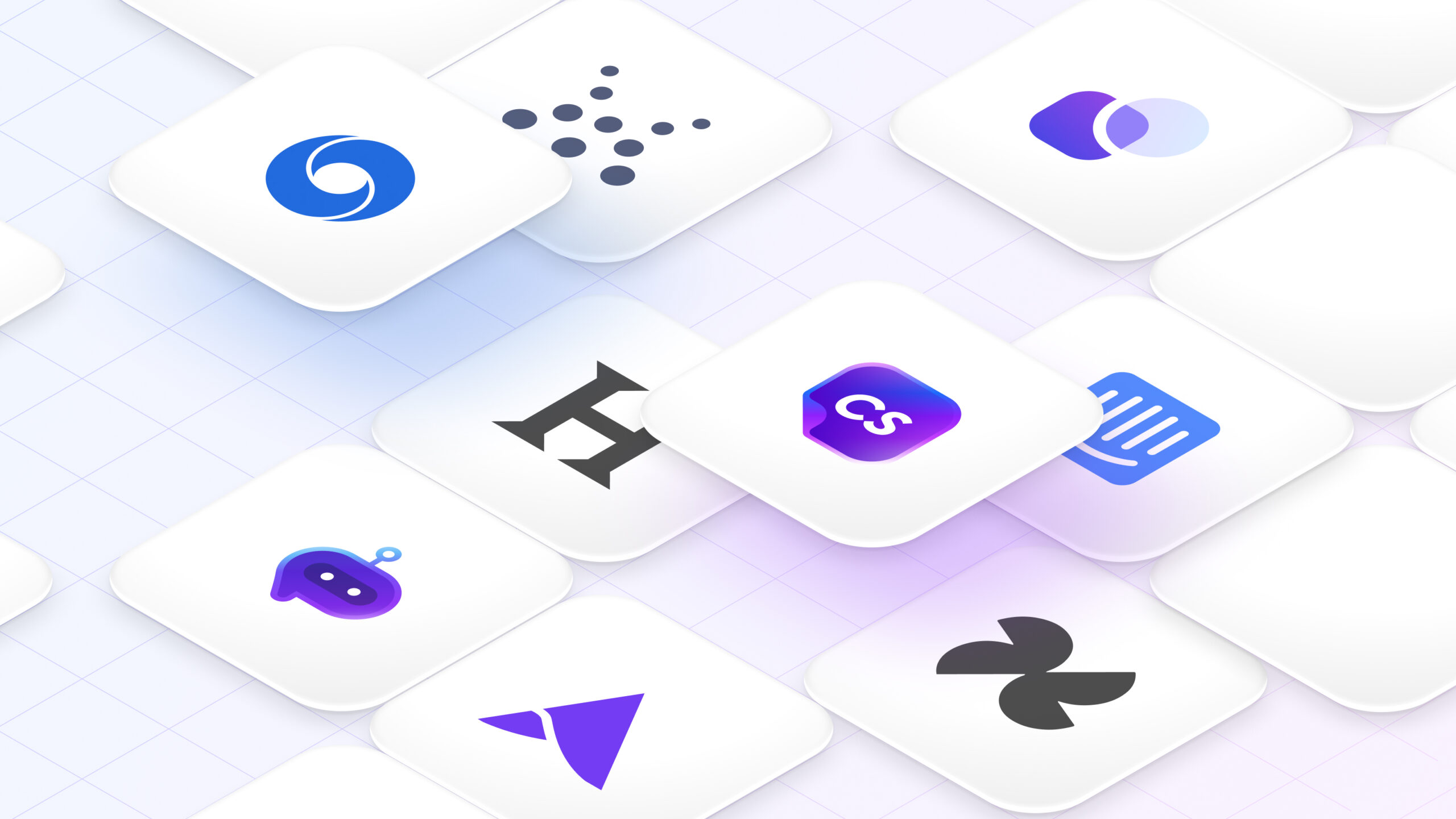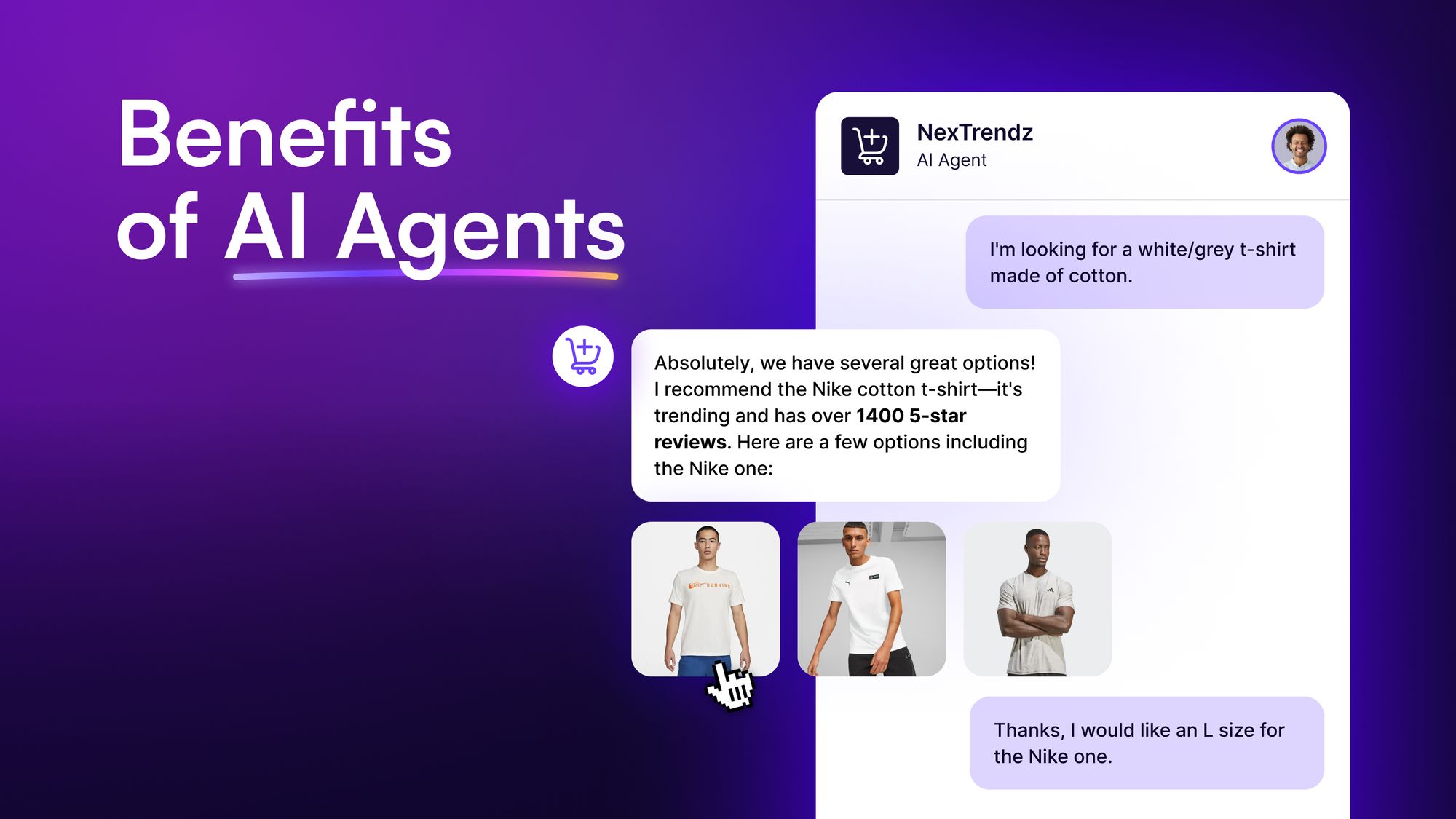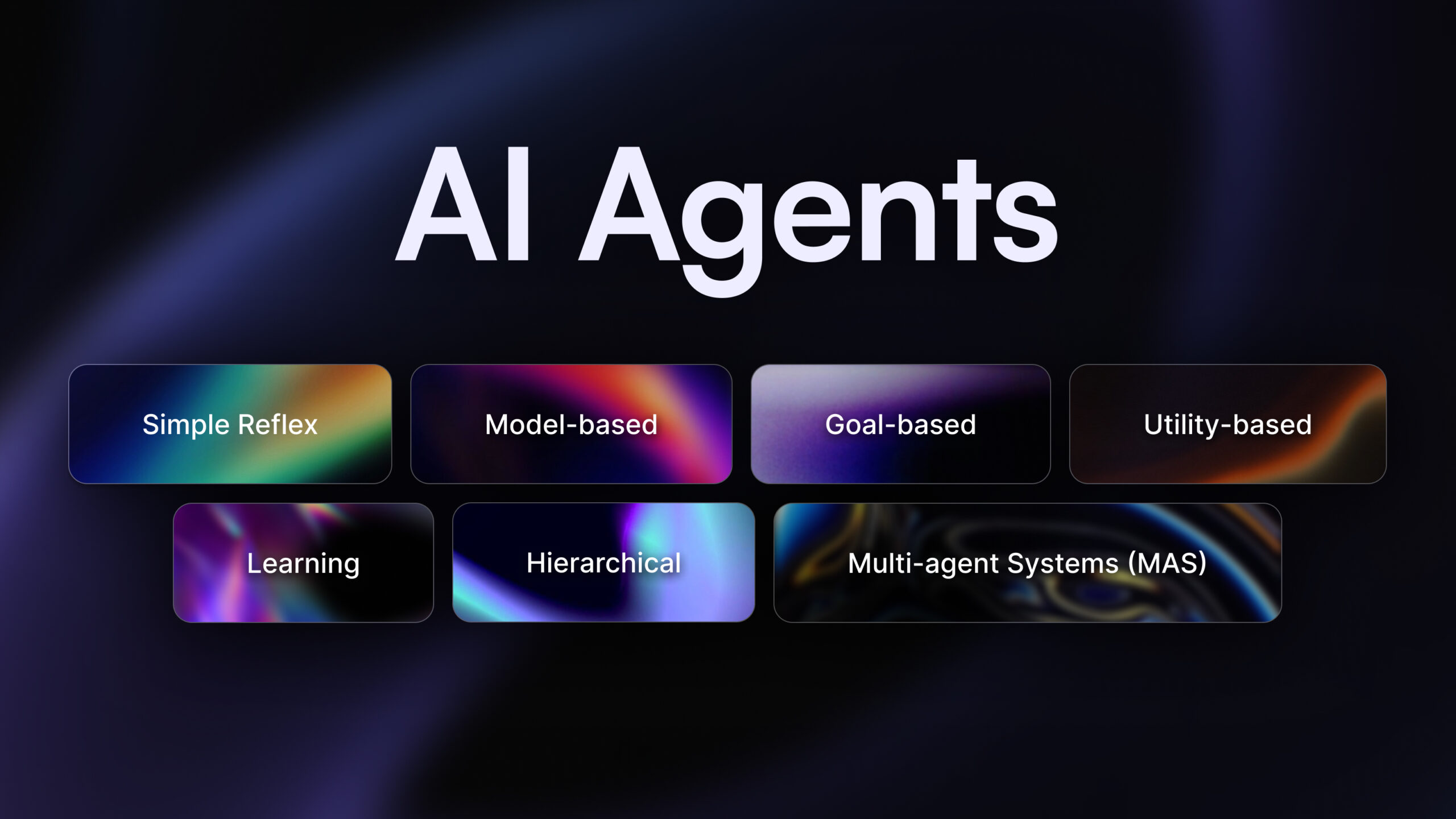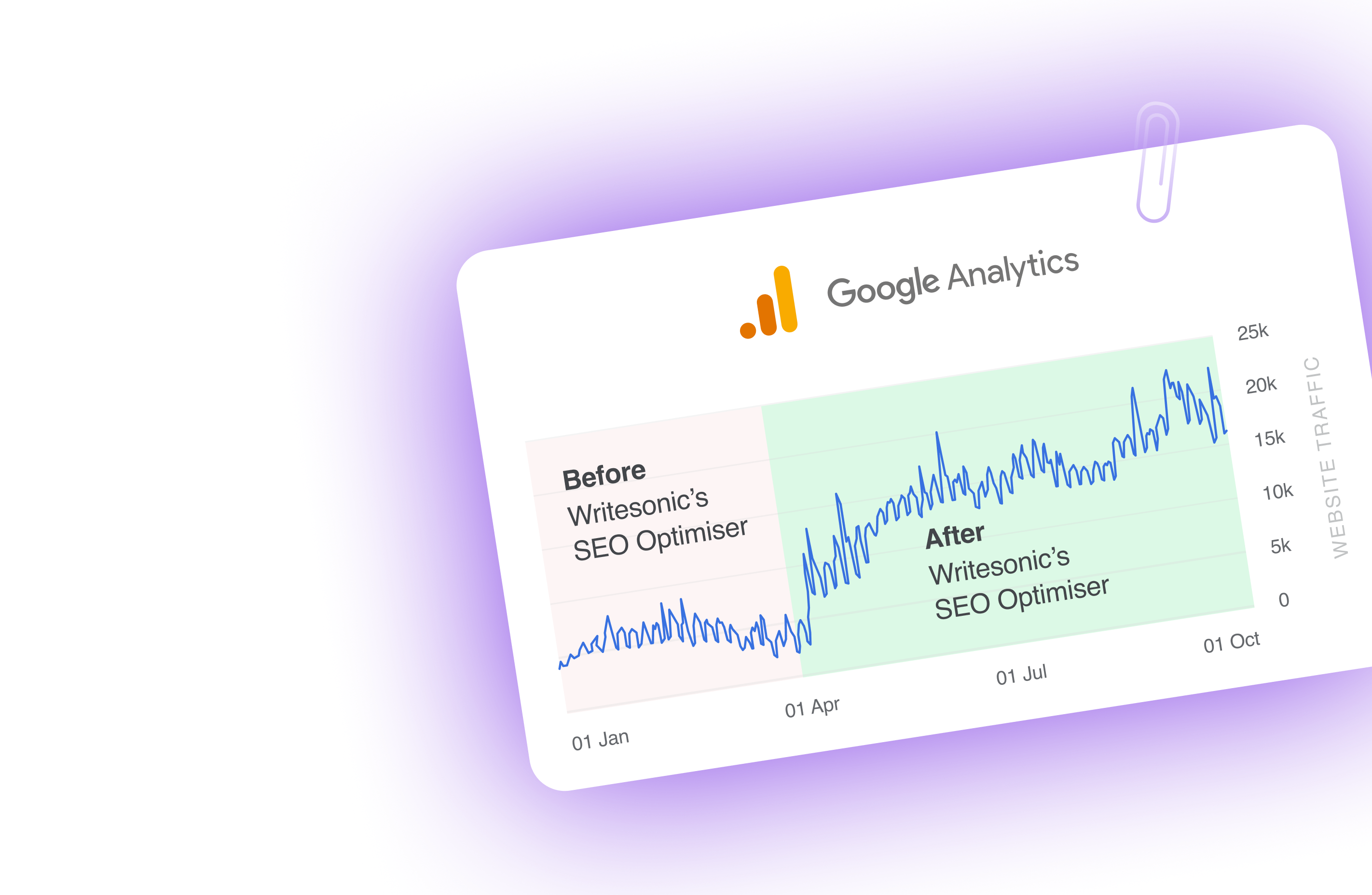Think about chatbots that help you with customer service or the Alexa sitting on your nightstand.
These are just a couple of examples of AI agent use cases.
And they’re not just for tech giants anymore; industries from healthcare to finance are leveraging these intelligent systems to improve efficiency and innovation.
Whether you’re a tech enthusiast or just curious about the latest trends, this guide will give you a clear picture of what is an AI agent is and the real-world applications of AI agent use cases.
How AI agents differ from traditional AI systems
Gen AI agents differ from traditional AI systems’ ability to operate autonomously and interact with their environment in real-time.
While traditional AI systems often rely on predefined rules and static data sets, AI agents can perceive their surroundings, make decisions, and take actions without constant human intervention.
This dynamic adaptability allows an intelligent agent in AI to handle more complex through problem-solving, making them more versatile and efficient in various applications.
40 best AI agent use cases across 16 different industries
AI agents in marketing and content creation
A. Automated content generation
Did you know that 67% of businesses are already using AI for content generation and SEO?
Thanks to artificial intelligence, content teams are cranking out up to 10 times faster without sacrificing quality.
Generative AI automates activities like video script creation, blog writing, SEO research, content planning, and more, so your team can focus on creative and strategic work instead.
How it works: AI content marketing agents use advanced natural language processing (NLP) and machine learning algorithms to analyze vast amounts of data, understand context, and generate human-like text.
They can be trained on specific writing styles, tones, and industry-specific jargon to produce tailored content.
💡Quick tip: Writesonic’s AI Article Writer does this by adapting to custom brand voice and content guidelines set by you.
B. Content optimization and SEO
Using generative AI agents in SEO can improve organic traffic by as much as 47%.
With tools like Chatsonic, content and marketing teams can expedite keyword research and overall SEO analysis with a simple prompt.
With multi-agent systems, you don’t have to manually analyze and handpick keywords for your content. Instead, you can let SEO tools do all the heavy lifting.
For example, if you want to optimize your blog for SEO, Chatsonic’s AI marketing agent can help you understand exactly what needs improvements, suggest strategies, and provide detailed reports for keywords and competitor articles.
Here’s what this AI agent assist looks like in action:
As you can see, with just a simple prompt, this AI marketing agent provides you with an extensive and detailed report full of actionable tips to boost blog SEO, keyword research insights, outbound links, and more.
C. Monitor marketing campaigns and KPIs
Another use case of AI agents in marketing is how they help track metrics and KPIs in real-time across multiple platforms.
Autonomous agents can monitor performance, from on-demand insights to automated reporting and advanced governance platforms.
For example, using Chatsonic’s Marketing Agent, you can upload files and ask the AI to analyze any data, summarize information, or create interactive reports and dashboards.
And since the tool integrates with Google Search Console and Ahrefs, you can even ask it to create reports for your dashboards directly from Chatsonic itself.
AI agents in healthcare operations
A. Patient care coordination and management
AI robotic agents help your healthcare facility improve care coordination by merging data from every patient encounter.
These systems sync information between primary care providers, specialists, and diagnostic services to ensure proper clinical intervention.
AI-powered coordination reduces hospital admissions and helps manage chronic conditions, making medical specialists more available when needed.
Medical teams benefit from AI agents that automatically pull data from multiple sources, spot care gaps, and schedule follow-ups.
B. Medical data analysis and insights
AI agents help your medical teams make better decisions by analyzing complex healthcare datasets.
These systems can process information from electronic health records (EHRs), care management platforms, and scheduling systems to optimize workflows.
How this works: AI agents use up-to-the-minute data and predictive analytics to cut review times by 30% through optimized approval processes.
This is extremely helpful because when a patient submits a claim, AI agents can quickly analyze their electronic health records (EHRs) alongside their insurance policy details to ensure eligibility.
These systems cross-reference care management data to verify that the procedure is covered, match it with historical claims to identify patterns, and flag potential discrepancies for faster resolution.
C. Enhancing diagnostic accuracy
AI agents assist in diagnosing diseases by analyzing medical images, lab results, and patient records with high precision.
Example: AI algorithms can analyze radiology images to detect anomalies such as tumors, fractures, and infections, often identifying issues that human eyes may miss.
In fact, a recent study found that an AI system developed by Google Health achieved an accuracy of 61% in diagnosing breast cancer from mammograms, outperforming human radiologists.
Learn more about: 7 Types of AI Agents to Streamline Your Workflow
HR support and employee empowerment AI agent use case examples
A. Streamlining onboarding and offboarding
Recruitment and onboarding involve repetitive tasks like resume screening, interview scheduling, and document generation.
During onboarding, AI tools assist new hires with orientation by providing access to resources, handling calendar management for interviewing schedules, and answering common queries.
For employee offboarding, they ensure all documentation is processed and sensitive company data is secured for enterprise use cases.
Example: HR automation tools like applicant tracking systems can scan thousands of resumes in seconds, identifying top candidates based on specific criteria.
AI applications can also be implemented to evaluate candidates through automated tests or simulated scenarios, offering unbiased and efficient hiring recommendations.
In fact, 81% of companies already use AI agents for screening, 60% for interviewing across all positions, and 50% for candidate evaluation.
B. Performance management and employee engagement
AI agents help HR teams monitor employee satisfaction by analyzing feedback and identifying engagement trends.
They can send personalized surveys, provide wellness recommendations, and predict attrition risks based on historical data.
Example: AI tools can flag declining engagement metrics and recommend strategies to re-engage employees, such as training programs or mentorship opportunities.
AI-driven onboarding platforms have also proven to transform new employee retention. Research shows that these systems boost retention by 82% through customized experiences.
AI agents can also revolutionize employee performance management by collecting and analyzing real-time data, such as project outcomes, peer feedback, and key performance indicators (KPIs).
C. Leave management, payroll information, and knowledge management
AI agents streamline HR functions like leave management, payroll, and knowledge access by automating and centralizing routine tasks.
Example: Employees can request time off via AI chatbots like Botsonic, which cross-reference policies and schedules to ensure fair approvals, reducing approval times.
For payroll, AI integrates with time-tracking systems, calculates taxes, and resolves queries instantly, reducing errors.
You might also like: Top 5 HR Chatbots To Automate Your HR Tasks
AI agents in education and training
A. Personalized learning paths
AI agents can study how each student learns and what they need. They create custom learning plans that have led to a 62% increase in test scores through adaptive learning programs.
These autonomous agents can change assignments or homework difficulty based on a student’s progress to keep them interested and retain information better.
Students can also learn through different interactive methods that match their style, making education more accessible for diverse groups.
B. Student performance analysis
AI-powered analytics can help teachers spot struggling students early. Certain tools can track academic work and let teachers know which students need help.
In fact, research shows that 4 out of 5 students improve their grades after getting early support.
AI agents for customer support
According to a recent report, AI-enabled customer service teams save 45% of the time spent on calls, resolve customer issues 44% faster, and experience a 35% increase in the quality and consistency of support.
A. 24/7 customer support automation
Customer support teams face hundreds of user queries every day. Plus, they need to keep track of their relationships with each user to understand their unique use cases and challenges regarding a service.
Unlike human agents, AI can handle customer inquiries 24/7 without long waiting times.
Customers love it, too, as 68% of users appreciate the quick response times using conversational AI chatbots.
Support agents using AI can handle 13.8% more customer inquiries per hour.
B. Personalized customer interactions
AI-powered personalization can analyze customers’ past behaviors and preferences.
AI agents will create tailored interactions by examining customer history and current context.
This enhances customer relationships by delivering relevant recommendations and proactive support based on real-time data analysis.
C. Issue resolution and escalation
AI-powered tools can automatically identify when to transfer conversations to human agents, providing seamless handoffs with complete conversation context.
The system monitors customer sentiment and routes complex queries to specialized teams, with automated resolutions significantly reducing response times and boosting workflow optimization.
AI use cases in sales
A. Sales forecasting
AI models predict future sales performance by analyzing historical data and market trends. This helps sales teams set realistic targets and make informed decisions.
This technology can also analyze customer interactions and purchase history to uncover patterns and trends, helping sales teams understand user needs and tailor their approaches.
B. Automating routine tasks
AI tools handle tasks such as data entry, scheduling meetings, and sending follow-up emails, freeing up sales representatives to focus on building relationships and closing deals.
AI agent uses for social media
A. Content creation and scheduling
Gen AI agent use cases are transforming social media management by automating tasks, enhancing content creation, and providing deep insights.
Example: AI tools like Socialsonic can help automate LinkedIn post creation by analyzing what kind of posts are trending.
AI adoption in social media can also help analyze audience behavior and recommend the best times to post, ensuring maximum engagement.
B. Audience engagement
AI-powered virtual assistants can interact with followers in real-time, answering queries and providing personalized responses. This enhances user experience and ensures timely engagement, even outside business hours.
💡Pro tip: Tools like Socialsonic can identify trending posts relevant to you on LinkedIn so you can engage and join in on the conversation!
Socialsonic even automates LinkedIn post commenting so your engagement levels are always consistent.
C. Social listening and sentiment analysis
AI agents monitor social media platforms to track brand mentions, analyze sentiment, and identify trending topics.
This helps businesses understand public perception and respond proactively to both positive and negative feedback.
You can also get detailed analytics on social media engagement, reach, and conversion rates. These insights help businesses refine their strategies and improve ROI.
AI agents in supply chain management
A. Demand forecasting and inventory management
AI agents analyze historical data, market trends, and external factors to predict demand accurately. This helps businesses optimize inventory levels, reduce stockouts, and minimize excess inventory.
Manufacturing companies implementing AI adoption have reported improved inventory levels by 35% and enhanced service levels by 65%.
Intelligent automation tools can also recognize when to reorder supplies and identify slow-moving items, reducing holding costs and improving cash flow.
AI agents for transportation and logistics
A. Route optimization systems
Delivery routes become more efficient with AI algorithms that analyze real-time traffic data, weather conditions, and historical travel patterns.
The route optimization and delivery scheduling system helps you reduce fuel consumption while ensuring timely deliveries. Companies implementing AI-powered route optimization have also reported cutting delivery lead times significantly.
Example: Uber adapted their own route optimization self-learning system for drivers.
B. Fleet management applications
Fleet operations improve with AI-powered monitoring systems that track vehicle performance and maintenance needs.
These tools reduce unplanned downtime by predicting maintenance requirements before failures occur.
AI systems help you maintain fleet efficiency by analyzing driver behavior and vehicle health data, cutting operational costs by 30%.
C. Delivery tracking and updates
Your customers gain better visibility into their deliveries through AI-powered tracking systems.
Research shows that 80% of consumers now expect at least four delivery updates per order, which wouldn’t be possible without AI agents.
These platforms provide minute-by-minute updates and precise arrival times.
This way, both senders and receivers benefit from enhanced transparency as AI systems process real-time data to provide accurate ETAs and proactive notifications about potential delays.
AI agents examples in hospitality
A. Personalized guest experiences and smart controls
AI analyzes guest preferences to offer tailored recommendations and services. Intelligent automation tools can integrate with smart room technologies for personalized control over amenities.
Example: Hilton’s “Connected Room” allows guests to control room settings and stream content via a mobile app. It also ensures that a guest’s login information stays secure and clears automatically upon checkout
B. Efficient check-in/check-out and customer service
AI-powered kiosks and mobile apps allow guests to check in and check out seamlessly without human intervention. This reduces wait times and improves operational efficiency.
Learn more: 20 Benefits of Integrating Chatbots in Your Business
AI use cases in IT support and cybersecurity
A. Password reset automation
Password reset requests are one of the most common IT support issues, often consuming significant time and resources.
AI agents simplify this process by automating identity verification and resetting passwords securely.
Example: Microsoft’s agentic AI within Azure Active Directory helps employees reset their passwords through secure, automated workflows without involving IT staff. This reduces response times and saves companies thousands of dollars annually in support costs.
B. Incident management
Incident management is the process of identifying, analyzing, and resolving disruptions in IT systems to maintain business continuity. Traditionally, this involved reactive approaches, where issues were resolved only after being reported. This can include responding to cybersecurity threats like identity theft, ransomware and phishing attacks.
AI agents revolutionize this by proactively detecting potential problems through real-time monitoring and predictive analytics. They cluster related issues, prioritize them, and initiate workflows for resolution.
Example: IBM Watson AIOps uses machine learning to analyze server logs and identify patterns that predict failures.
C. Fraud detection
Fraud detection is critical for industries like banking and e-commerce, where unauthorized activities can result in massive financial losses.
AI-powered self-learning systems can help identify unusual patterns in transactions and prevent fraud in real time.
These agents analyze customer behavior and transaction history, using advanced algorithms to detect anomalies that could indicate fraudulent activity.
Example: PayPal uses an AI fraud detection system to reduce annual fraud losses for their customers by flagging suspicious transactions and preventing unauthorized access.
AI use cases for finance and compliance
A. Investment management
Traditionally, investment management requires significant human effort to analyze market data, manage portfolios, and make decisions.
AI agents transform investment management by automating data analysis, identifying market trends, and optimizing real-time asset allocation.
These systems use advanced algorithms to process large datasets from global markets, evaluate risk profiles, and create personalized investment strategies for individuals or firms.
Example: Wealthfront, a robo-advisory platform, uses AI agents to offer personalized financial planning and investment management services.
These agents provide tailored recommendations, rebalance portfolios automatically, and even execute tax-saving strategies like tax-loss harvesting, reducing costs, and improving returns.
B. Tax filing support and employee empowerment
AI agents simplify tax filing by guiding users through the process step-by-step. They identify potential deductions, flag errors, and ensure compliance with tax laws. For businesses, this reduces HR workloads and empowers employees to handle taxes independently.
Example: TurboTax uses conversational AI to interact with users, answer questions, and suggest ways to maximize returns. This has improved filing accuracy, making the process less daunting and more efficient.
C. Insurance policies review
Understanding insurance policies can be confusing due to technical jargon and complex terms. AI agents address this by breaking down policies into simple, understandable components.
These tools can analyze policy details, highlight coverage gaps, and provide recommendations tailored to individual needs. This ensures customers make informed decisions about their insurance plans.
Legal industry AI use case examples
A. Contract analysis and document review
Contracts often contain critical clauses that require thorough review to avoid legal or financial risks. Traditional methods involve manually reading and analyzing each document, which is time-consuming.
AI agents streamline this process by scanning contracts for key terms, missing clauses, and potential risks. They provide summaries and suggestions for necessary revisions.
Example: Kira Systems’ AI platform automates contract reviews for legal firms, allowing lawyers to focus on high-value activities like negotiations.
B. Case outcome prediction
Predicting case outcomes is invaluable for legal professionals when strategizing for litigation. This process involves analyzing past cases, judicial decisions, and relevant laws.
AI agents use predictive analytics to identify patterns in judicial behavior and case precedents, helping lawyers assess the probability of success.
Example: LexisNexis Context Analytics predicts case outcomes by analyzing thousands of legal judgments, enabling firms to build stronger strategies.
C. Legal research
Legal research involves finding case laws, statutes, and precedents relevant to a specific issue. This traditionally required significant time and resources.
AI agents simplify this by analyzing vast databases in seconds and pinpointing the most relevant information.
Example: CoCounsel by Casetext is a legal AI assistant that reduces research times and contract revision for legal teams, ensuring better preparation and cost efficiency.
Agriculture AI agent use case examples
A. Precision farming
Precision farming focuses on using technology to optimize resource usage in agriculture. AI agents analyze data from sensors, satellites, and drones to provide actionable insights on soil health, crop conditions, and irrigation needs.
This helps farmers maximize yields while minimizing waste and environmental impact.
Example: John Deere’s “See & Spray” system identifies weeds and applies herbicides only where necessary, reducing chemical use and improving sustainability.
B. Autonomous machinery
Farm equipment like tractors and harvesters are now equipped with AI, allowing them to operate as autonomous systems. These machines use GPS and sensor data to navigate fields, perform tasks, and optimize operations.
Real estate AI agents examples
A. Property valuation
Valuing a property requires manual analysis of factors like location, size, condition, and comparable sales data. This process could be time-consuming and prone to human error.
Instead, AI agents can streamline property valuation by analyzing vast datasets, including historical sales, neighborhood trends, and economic indicators. These agents process data in real time, providing more precise and current valuations.
Example: Zillow’s Zestimate uses AI to analyze millions of data points, achieving a margin of error as low as 2.4%. This tool empowers homeowners and real estate professionals with reliable, actionable insights, streamlining decision-making in the real estate market.
B. Virtual property tours
With the rise of online property searches, virtual tours have become a vital tool in real estate. AI agents enhance this process by creating detailed, immersive virtual tours that allow buyers to explore properties remotely.
These AI agents use computer vision and spatial analysis to stitch together images, creating a 3D representation of the property. This saves time and attracts a larger pool of potential buyers.
Example: Matterport’s AI-powered system has digitized over 5 million spaces, enabling realtors to showcase properties globally. Buyers can virtually walk through homes, view details, and even measure dimensions, making the property search process more interactive and efficient.
C. Market analysis
AI agents assist in real estate analysis by analyzing regional data, sales trends, rental prices, and economic factors to provide insights into market conditions.
These agents can identify emerging neighborhoods, forecast price fluctuations, and even predict rental demand, helping stakeholders make data-driven decisions.
AI use cases in retail
A. Personalized shopping
AI agents enhance customer experiences by providing personalized product recommendations. They analyze browsing history, purchase patterns, and customer feedback to suggest relevant items.
Example: Amazon’s AI-powered recommendation engine accounts for 35% of its sales by tailoring suggestions to individual customer preferences.
B. Inventory management
Managing inventory involves predicting demand and ensuring optimal stock levels to meet customer needs. AI agents and even manufacturing robots can analyze sales data, trends, and market conditions to optimize inventory.
Example: Walmart’s AI system has reduced overstocking by 15% while preventing stockouts, saving millions annually.
C. Real-time product updates
Real-time product updates ensure that retailers can quickly adapt to changing trends and customer preferences. AI agents monitor data from social media, customer feedback, and sales and marketing trends to inform design and production decisions.
AI agent use case examples in the real world and success stories
Now that you better understand what AI agents are and where you may have seen them in action throughout your life, let’s look at some real-life examples of AI applications.
1. Chatsonic’s AI marketing agent for content creation
Chatsonic’s AI marketing agent is an intelligent ChatGPT alternative tailored for marketing and SEO use cases. The tool focuses on scraping keyword and SEO data, providing the intelligence of a marketing expert.
This AI agent optimizes the content creation process by processing over 200 billion events daily to generate relevant content that connects with audiences.
Marketing teams can use voice commands to get tailored content that keeps their brand voice consistent.
The best part is that the system connects to Google search, ensuring your content is always current and relevant.
Key benefits:
- Efficiency: Automates content creation and SEO research, saving time for marketing teams.
- All-in-one tool: Helps create content on the spot based on your SEO research.
- Relevance: Keeps content up-to-date with real-time data from Google search and Ahrefs.
2. Streaming services: Netflix
Netflix’s sophisticated AI implementation is quite impressive when it comes to enhancing your streaming experience.
You’ll be surprised to know that Netflix’s personalized recommendation engine, powered by AI, is critical for keeping customers and minimizing churn–which saves the firm an estimated $1 billion each year.
By personalizing streaming recommendations based on individual watching habits rather than popularity, Netflix can boost user engagement and increase exposure to a wider range of material.
Netflix’s AI agent app boosts content delivery through:
- Thumbnail generation: AI generates personalized thumbnails based on user preferences and viewing history, increasing click-through rates.
- Streaming quality: Optimizes streaming for 220 million users worldwide.
- Content recommendations: AI-driven algorithms provide hyper-personalized content recommendations, significantly reducing users’ time searching for new content.
3. Autonomous vehicles: Tesla
Tesla’s AI-powered autonomous systems make driving safer and more efficient.
The company learns from data from over 500 million vehicles worldwide to train its algorithms.
Tesla calls this approach “imitation learning.”
For example, when a Tesla vehicle makes an incorrect prediction about the behavior of a car, the system’s AI saves a data snapshot of that moment, adds it to the data set, and then reproduces an abstract representation of the scene with color-coded shapes that the neural network can learn from.
This helps create more robust AI for Tesla’s self-driving cars and navigation by allowing the vehicle to adapt to humans.
Tesla’s AI capabilities include:
- Live environmental analysis: Continuously monitors surroundings for safe navigation.
- Predictive maintenance alerts: Provides alerts for potential vehicle issues before they occur.
- Advanced safety features: Enhances driver and passenger safety with real-time data.
4. Video game AI: FIFA
FIFA’s Active Intelligence System makes gaming more realistic and engaging. The technology creates smarter player movements and tactical decisions based on live analysis.
AI-controlled players make intelligent runs and create space naturally as the system processes multiple variables at once.
Key benefits:
- Realism: Enhances the realism of player movements and decisions.
- Engagement: Provides a more immersive gaming experience.
- Performance: Adapts to player behavior for dynamic gameplay.
5. Home automation systems: Google Home and Alexa
AI-powered automation systems like Google Home and Alexa make home management easier and more efficient.
These platforms study user behavior patterns to automate routine tasks, and voice assistants recognize commands with 90% accuracy.
The systems optimize energy usage and provide tailored experiences based on daily routines.
Key benefits of AI use cases in Alexa and Google Home include:
- Routine automation: AI learns user habits and automates daily tasks such as adjusting thermostats, controlling lights, and managing home security systems.
- Voice command recognition: AI-powered voice assistants understand and execute commands with high accuracy, making interaction seamless, intuitive, and personalized to your habits.
- Energy optimization: AI analyzes energy consumption patterns and suggests ways to reduce usage, leading to cost savings and a smaller carbon footprint.
FAQs
1. What are the use cases for AI agents?
AI agents are used in various industries to automate tasks, enhance decision-making, and improve efficiency.
They help with content creation, SEO analysis, and customer engagement in marketing. They also help in healthcare by assisting in diagnostics, patient monitoring, and personalized treatment plans.
Additionally, they are employed in finance for fraud detection, risk management, and automated trading.
2. Where are AI agents being used?
AI agents are being utilized across multiple sectors, including healthcare, finance, retail, manufacturing, and customer service. I
n healthcare, they support diagnostics and patient care. In finance, they enhance fraud detection and automate trading.
Retailers use AI agents for personalized shopping experiences and inventory management, while manufacturers employ them for predictive maintenance and quality control.
3. What are the five types of agents in AI?
The five types of AI agents include simple reflex agents, which respond to specific stimuli.
Model-based reflex agents use internal states to handle more complex tasks. Goal-based agents act to achieve specific objectives.
Utility-based agents aim to maximize a utility function. And learning agents, which improve their performance over time through experience.
4. What companies are using AI agents?
Many leading companies are leveraging AI agents to enhance their operations and services.
Microsoft uses AI agents in its Dynamics 365 and Microsoft 365 Copilot to automate business processes and improve productivity.
Salesforce integrates AI agents like Einstein to enhance customer relationship management and streamline sales processes.
In its Google Cloud and DeepMind projects, Google employs AI agents to advance AI research and provide intelligent solutions.

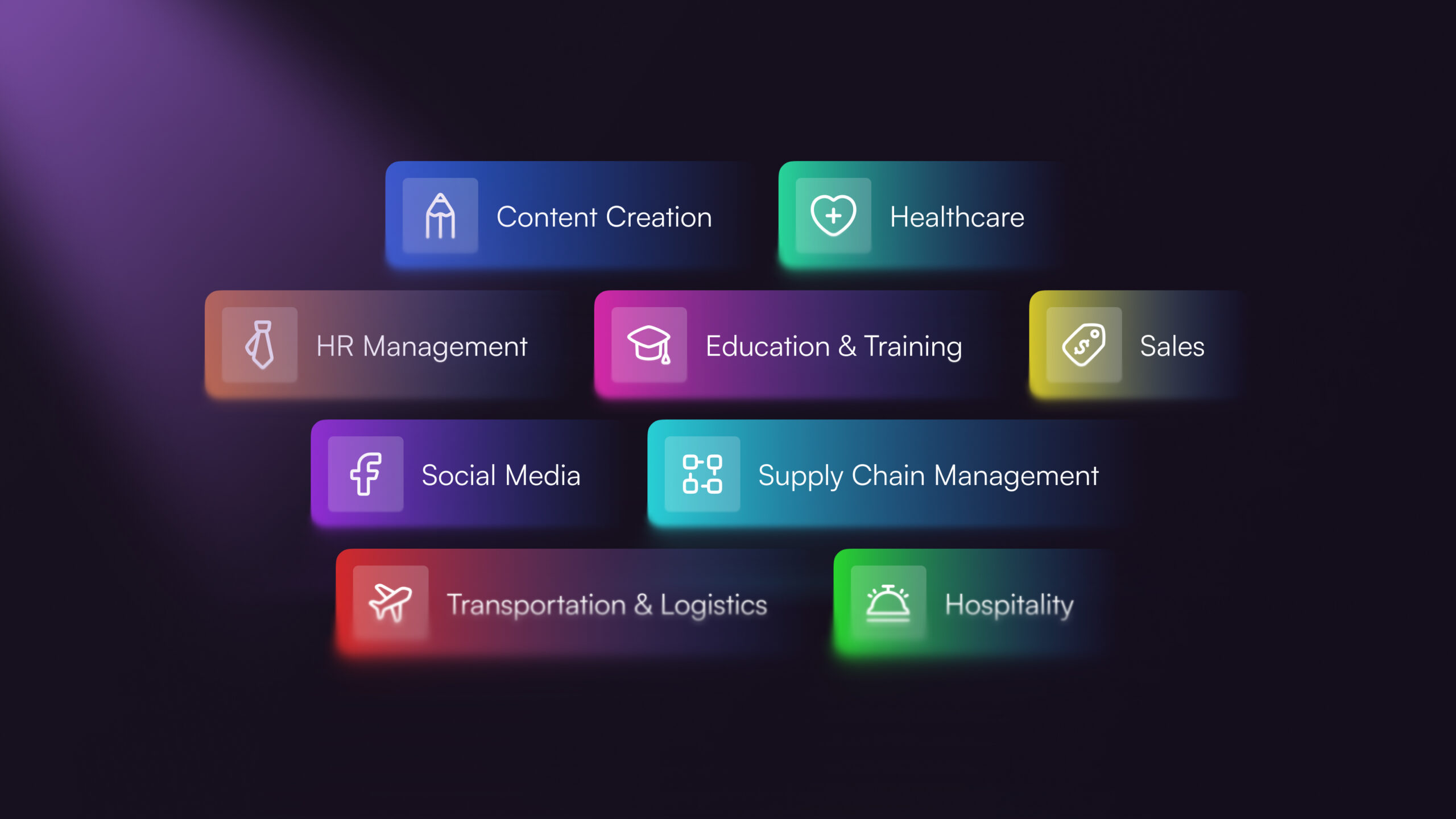
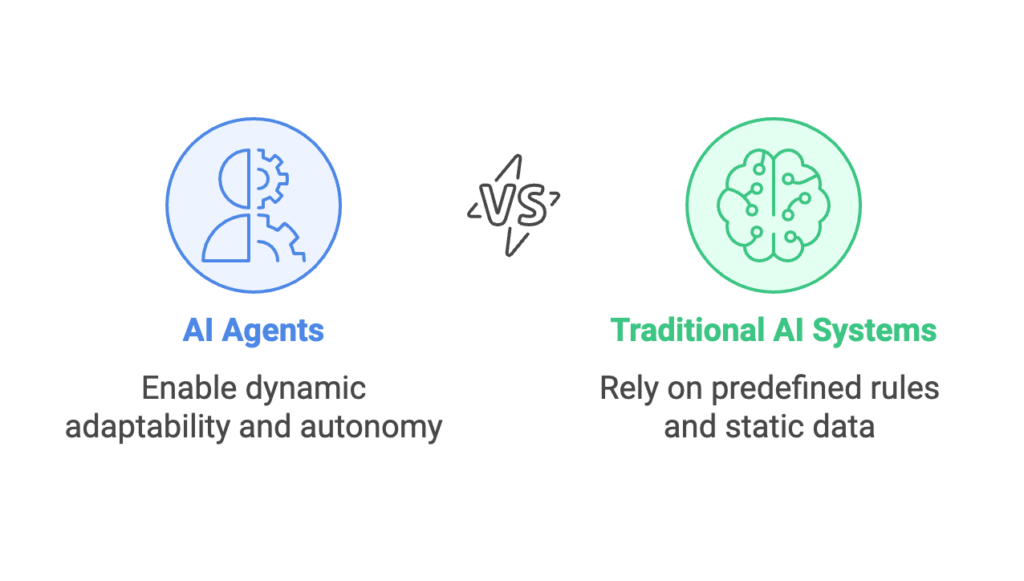
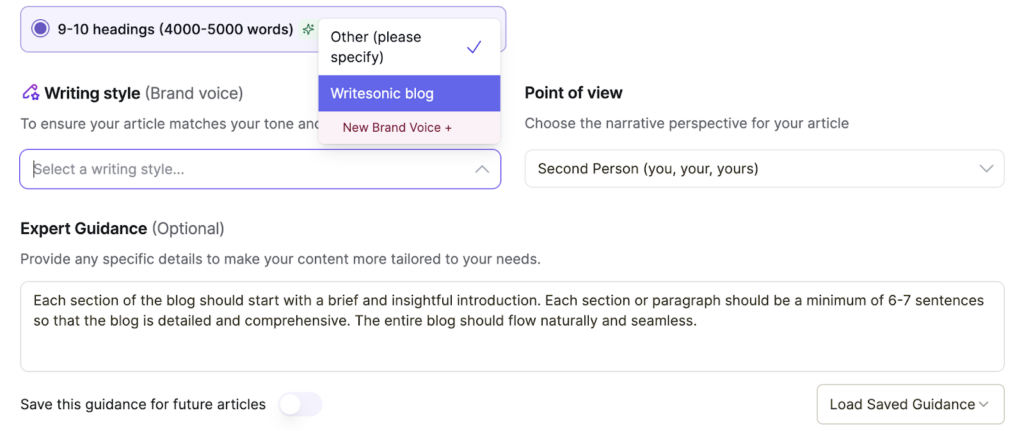
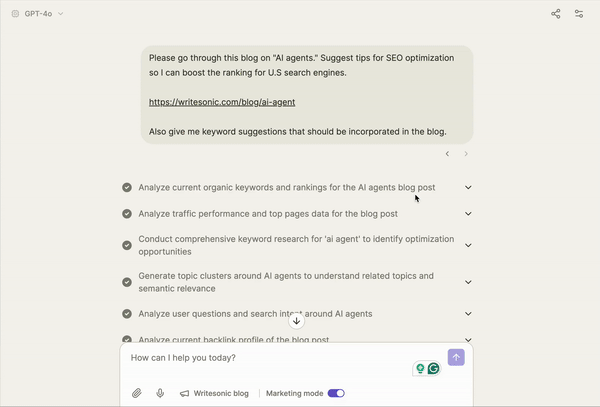
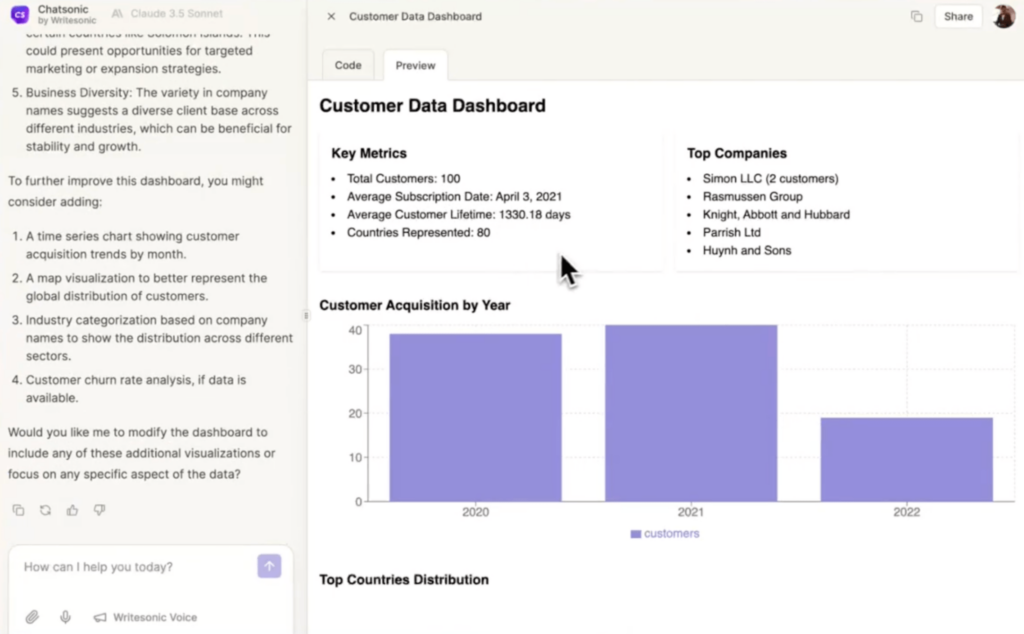


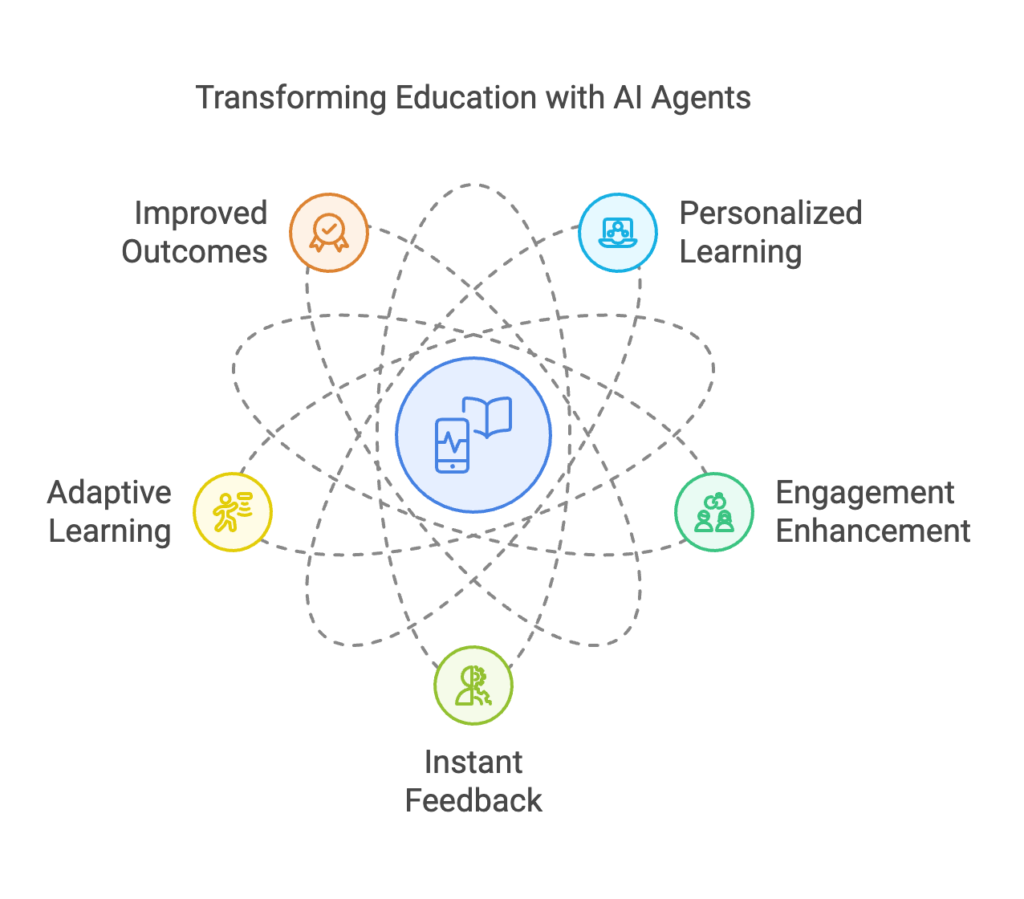
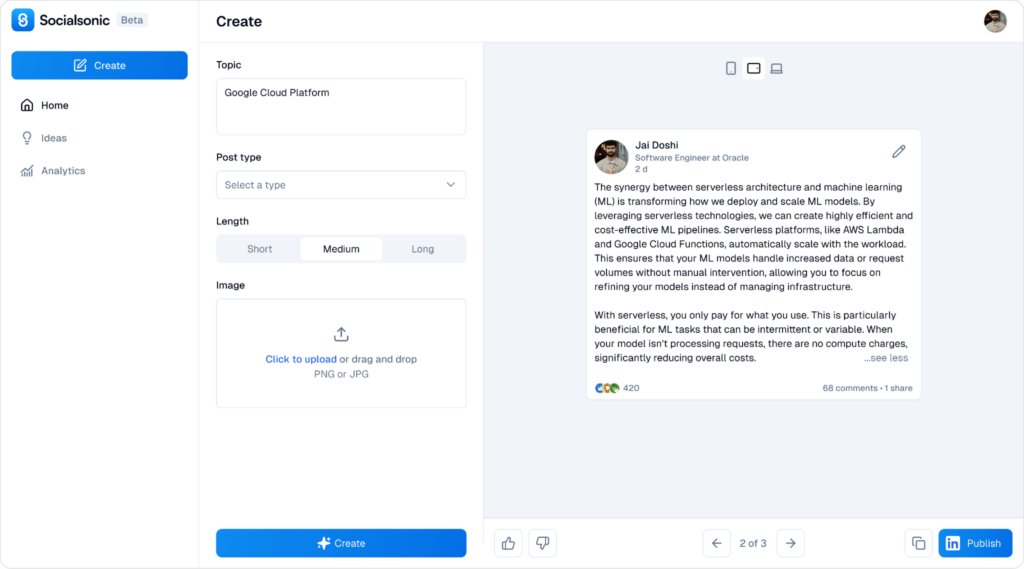
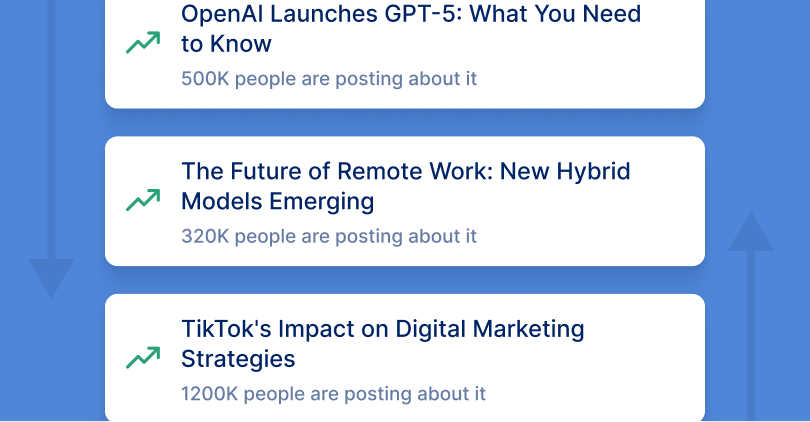
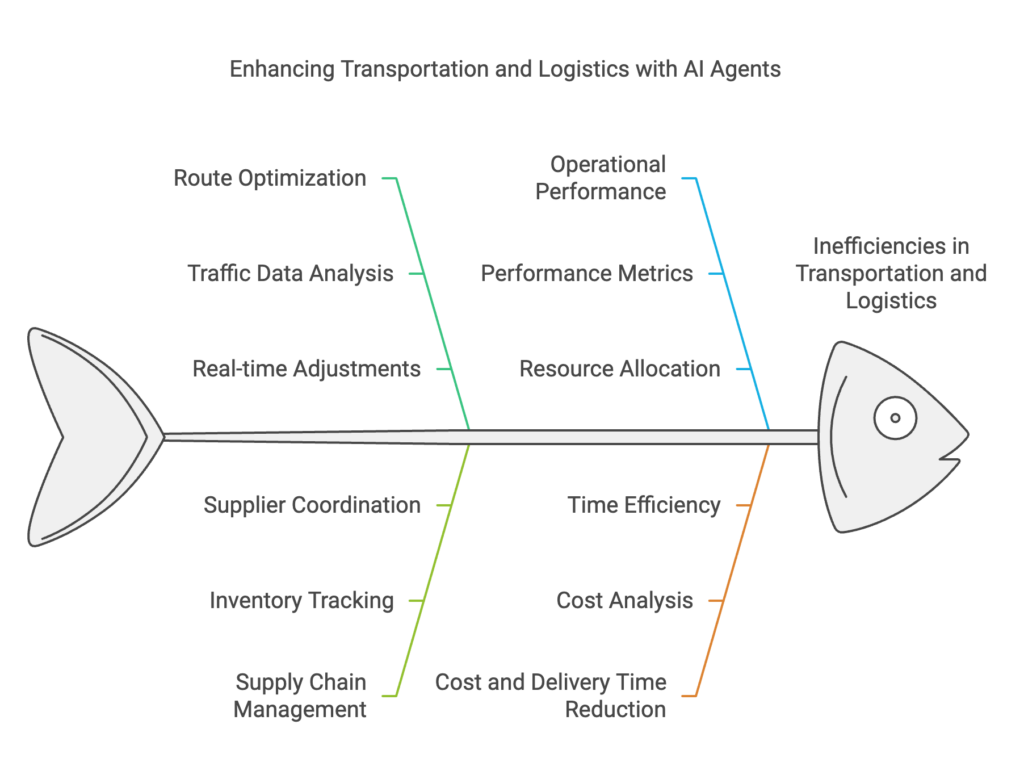
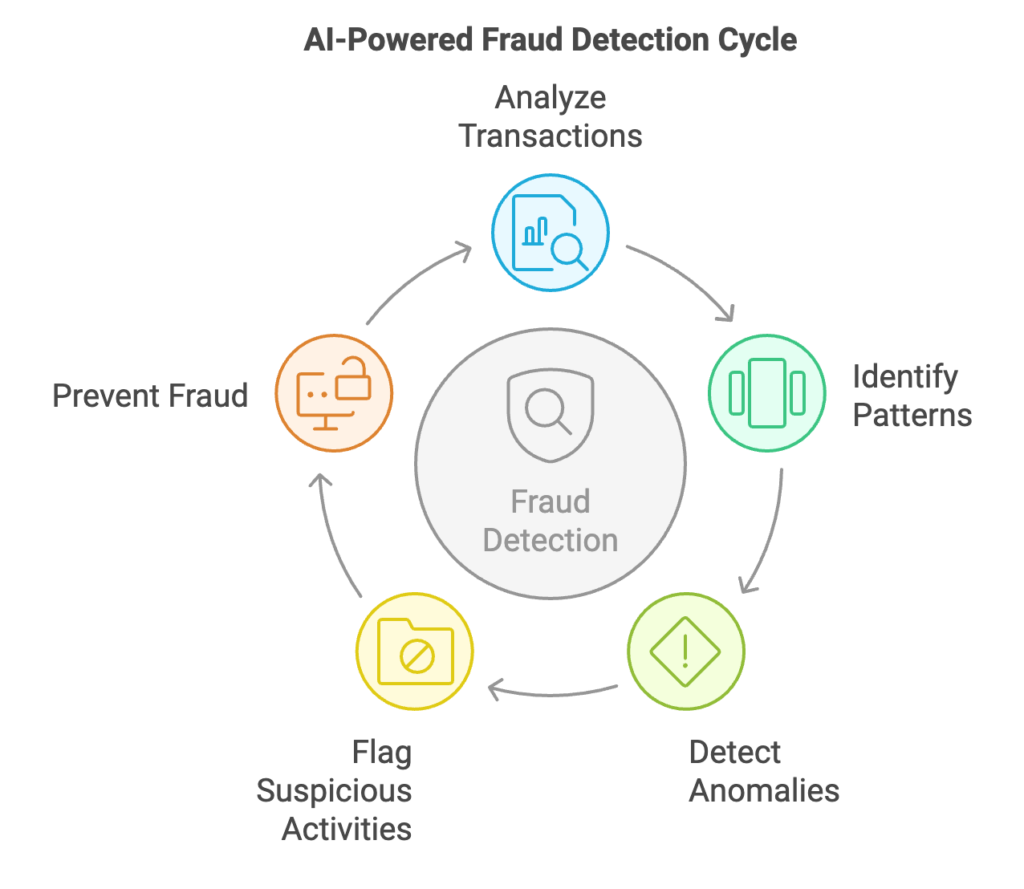
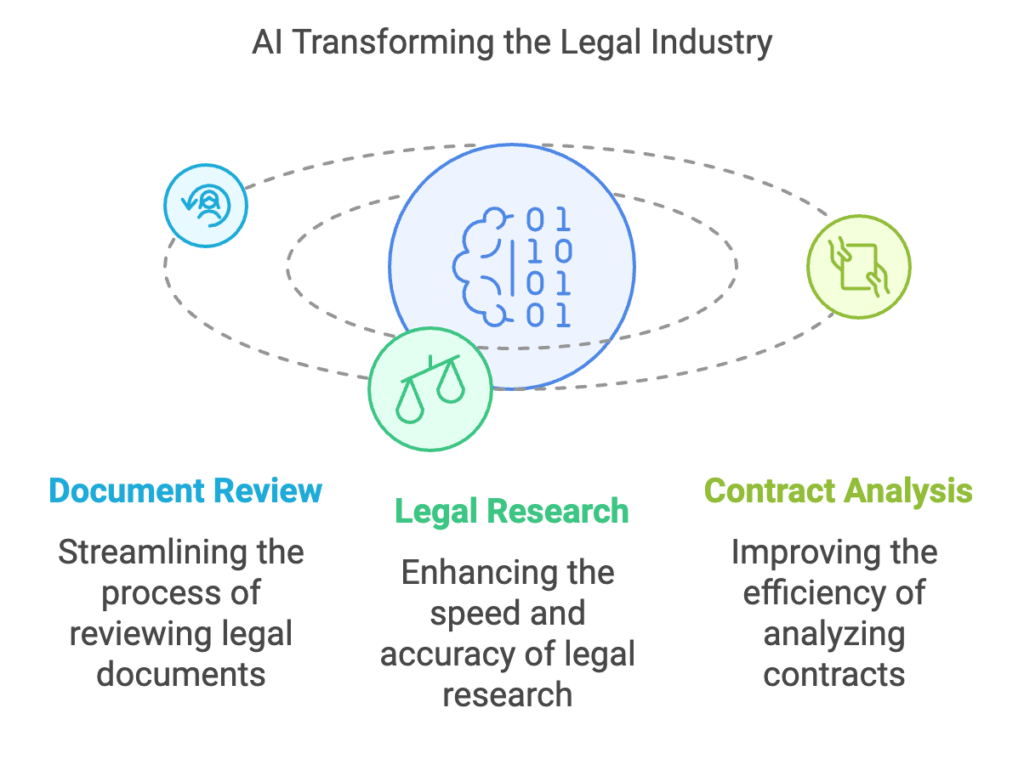
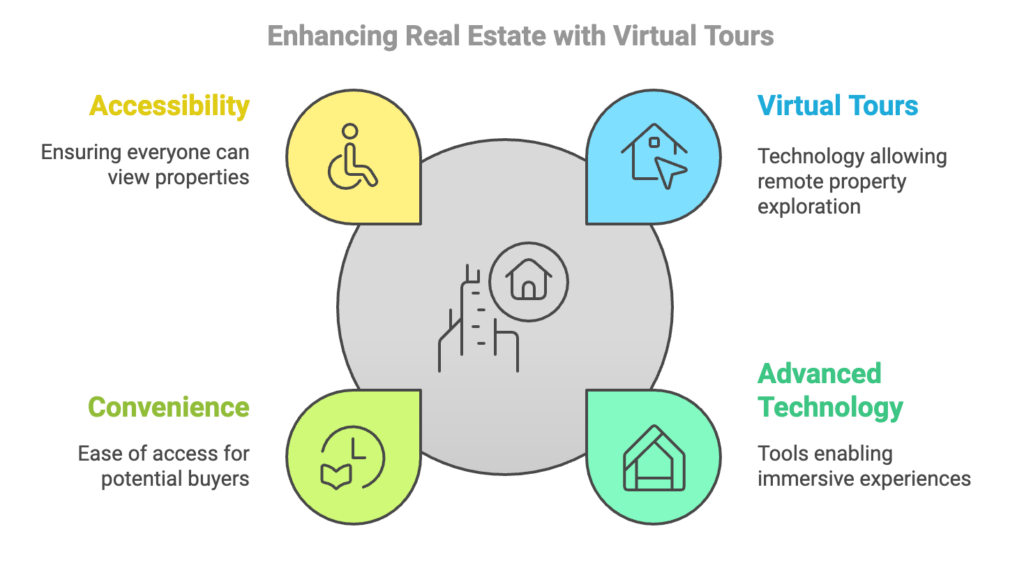
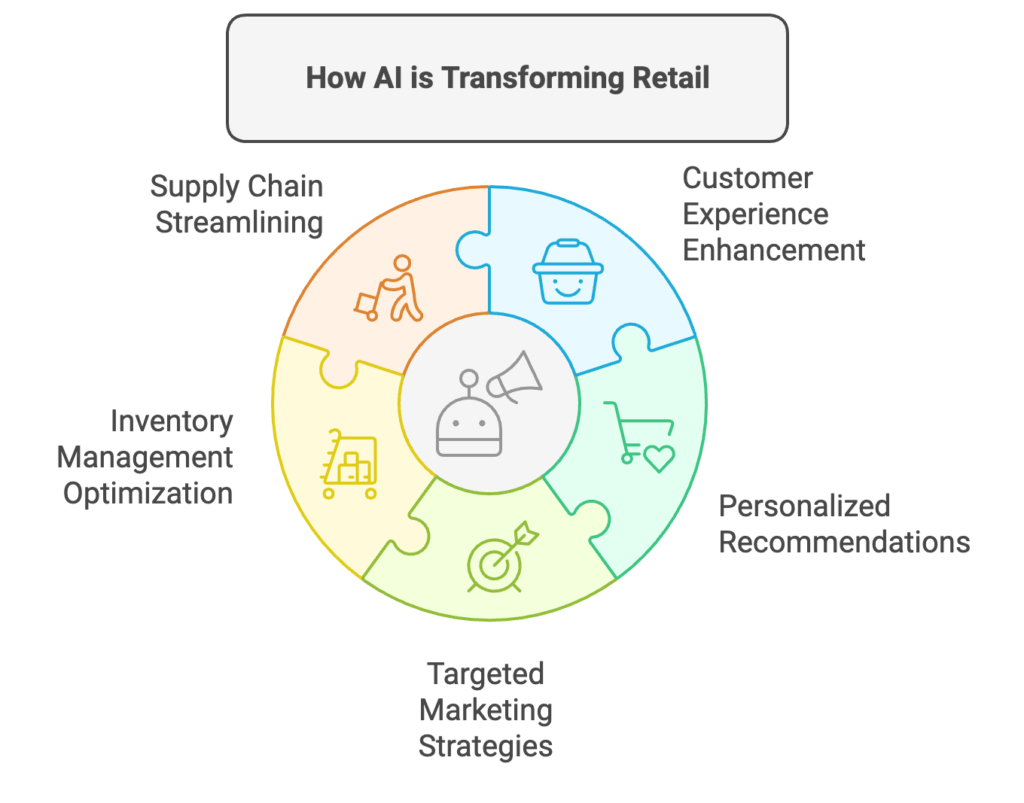
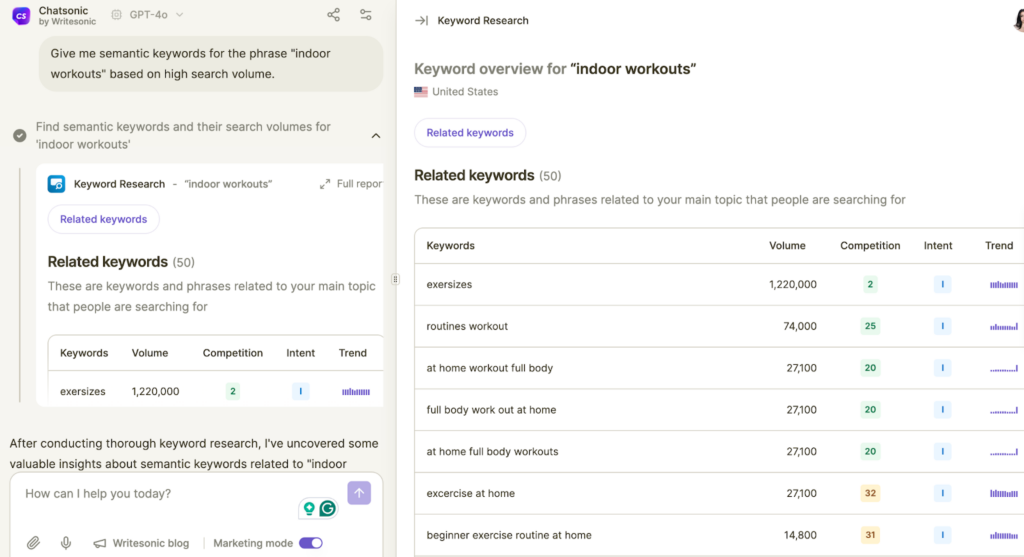



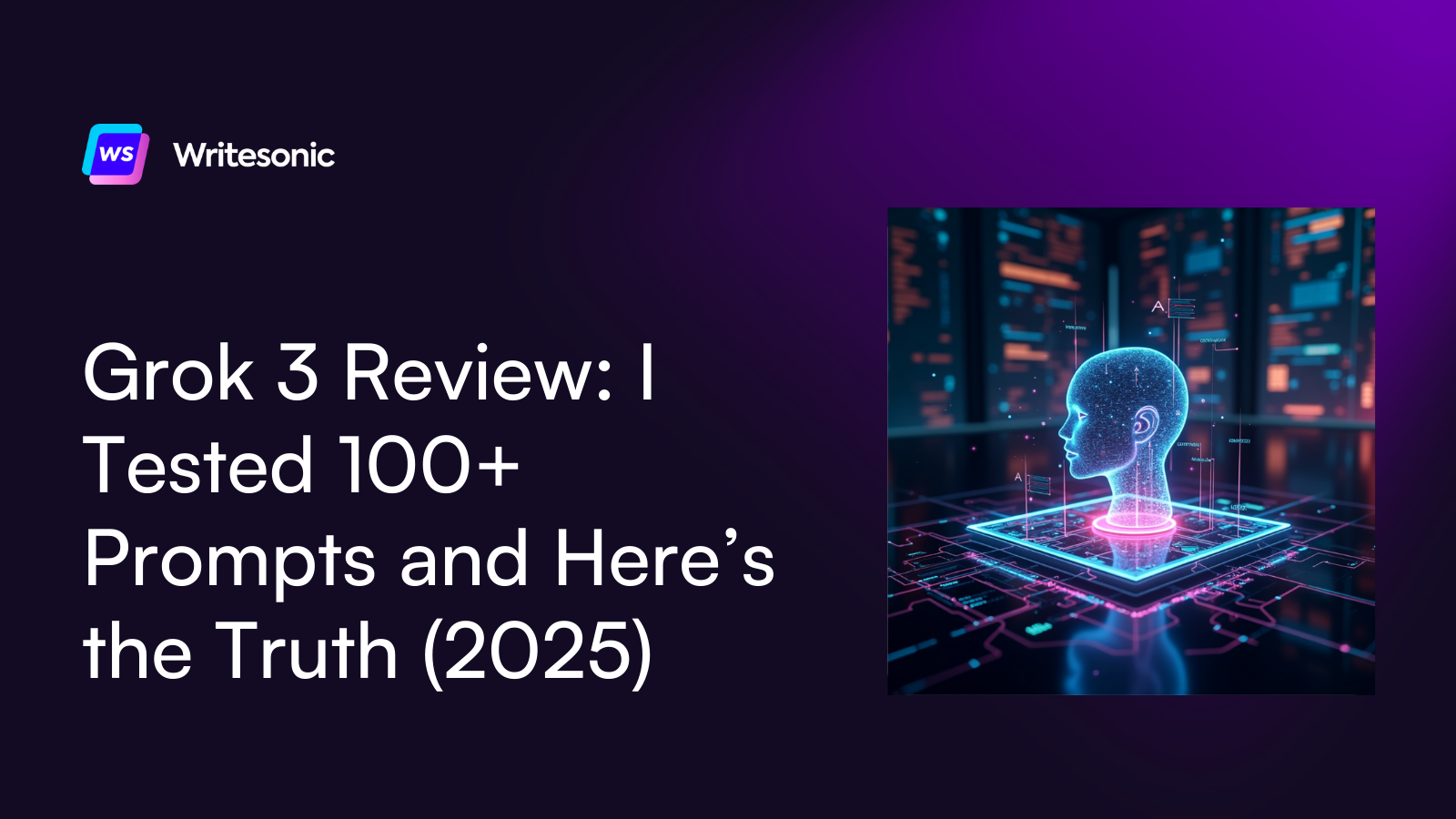

![What is Grok 3? A Detailed Guide to the AI Model [+Examples]](/wp-content/uploads/7.1-2.png)
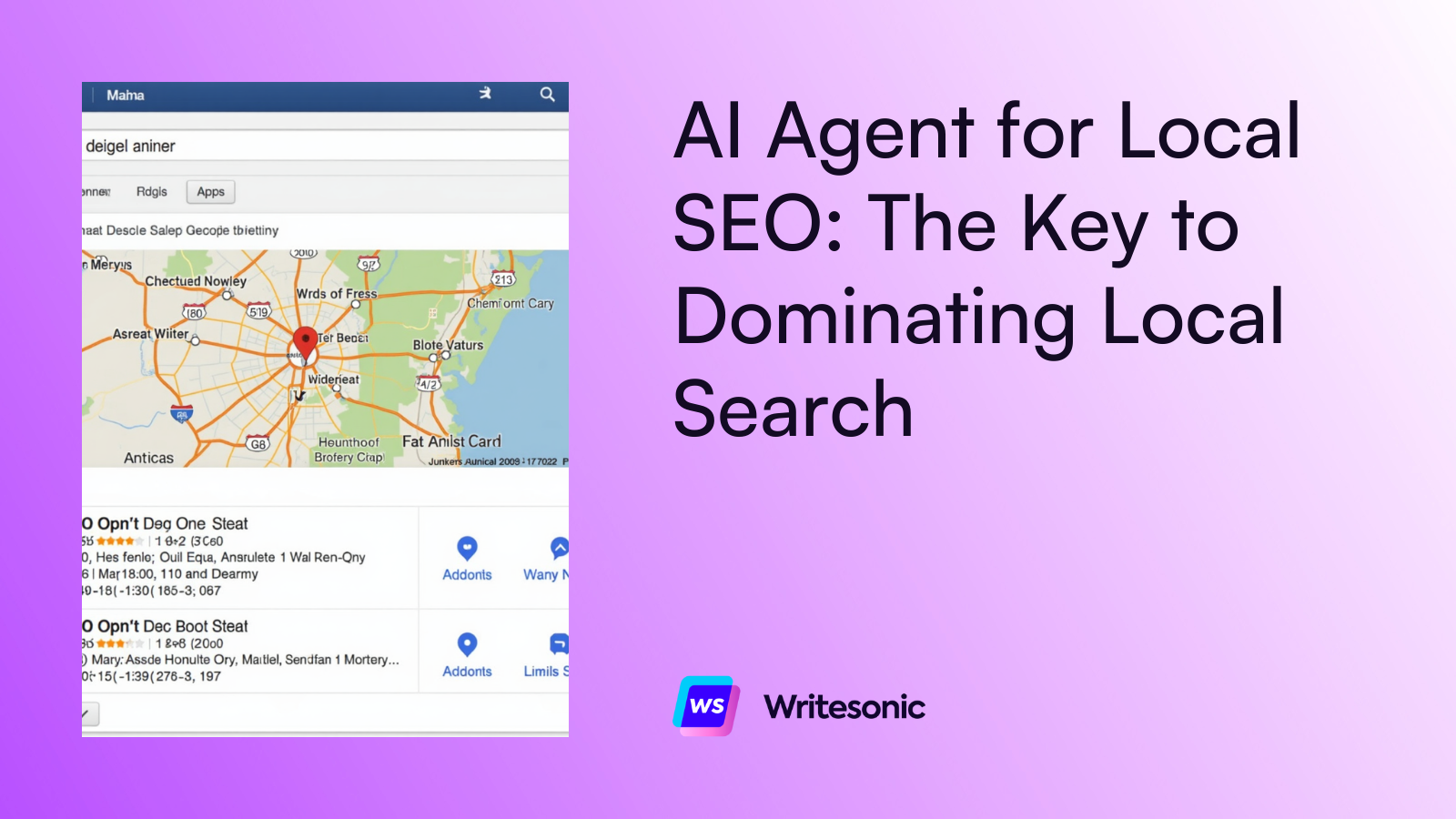

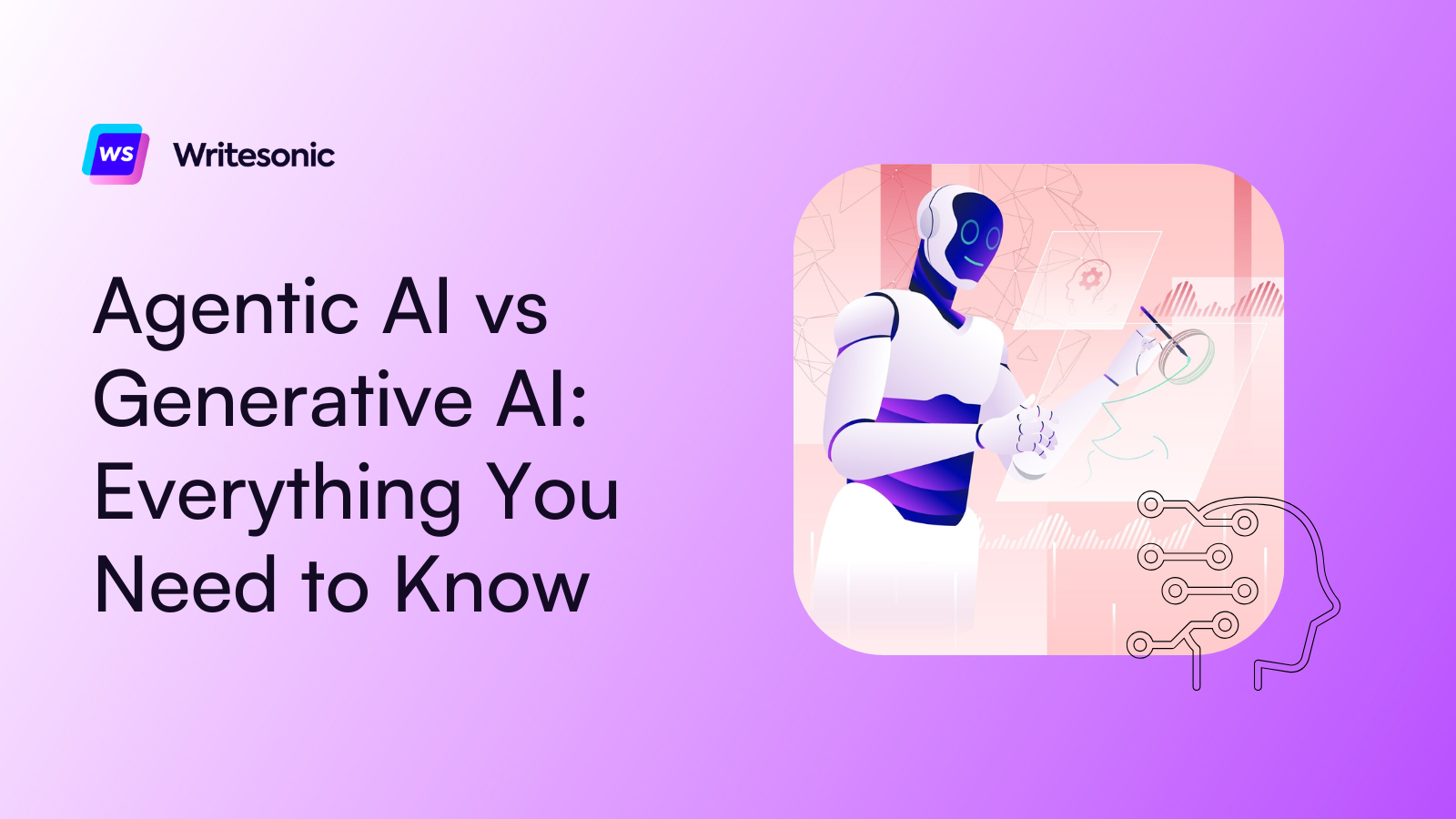

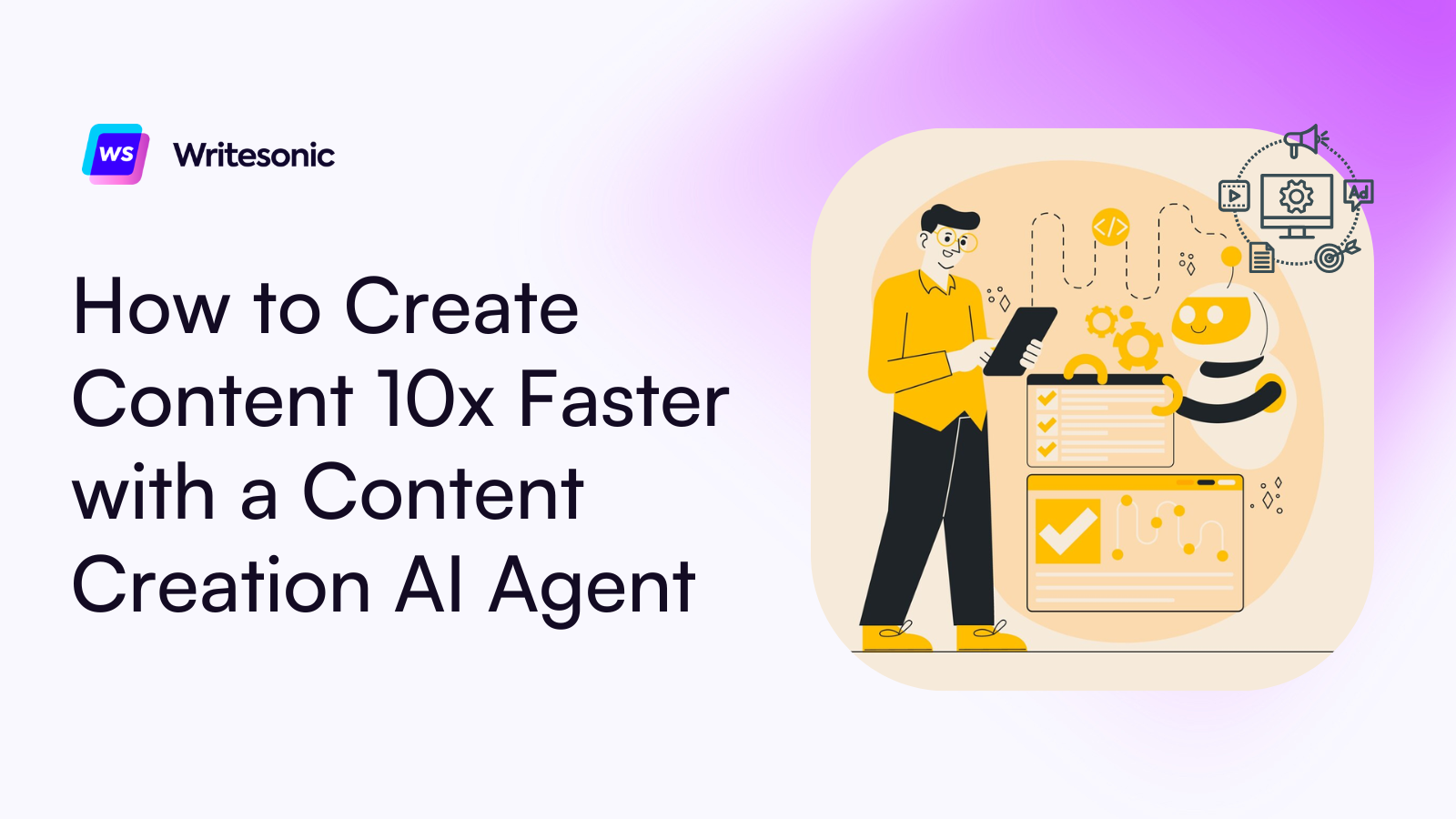
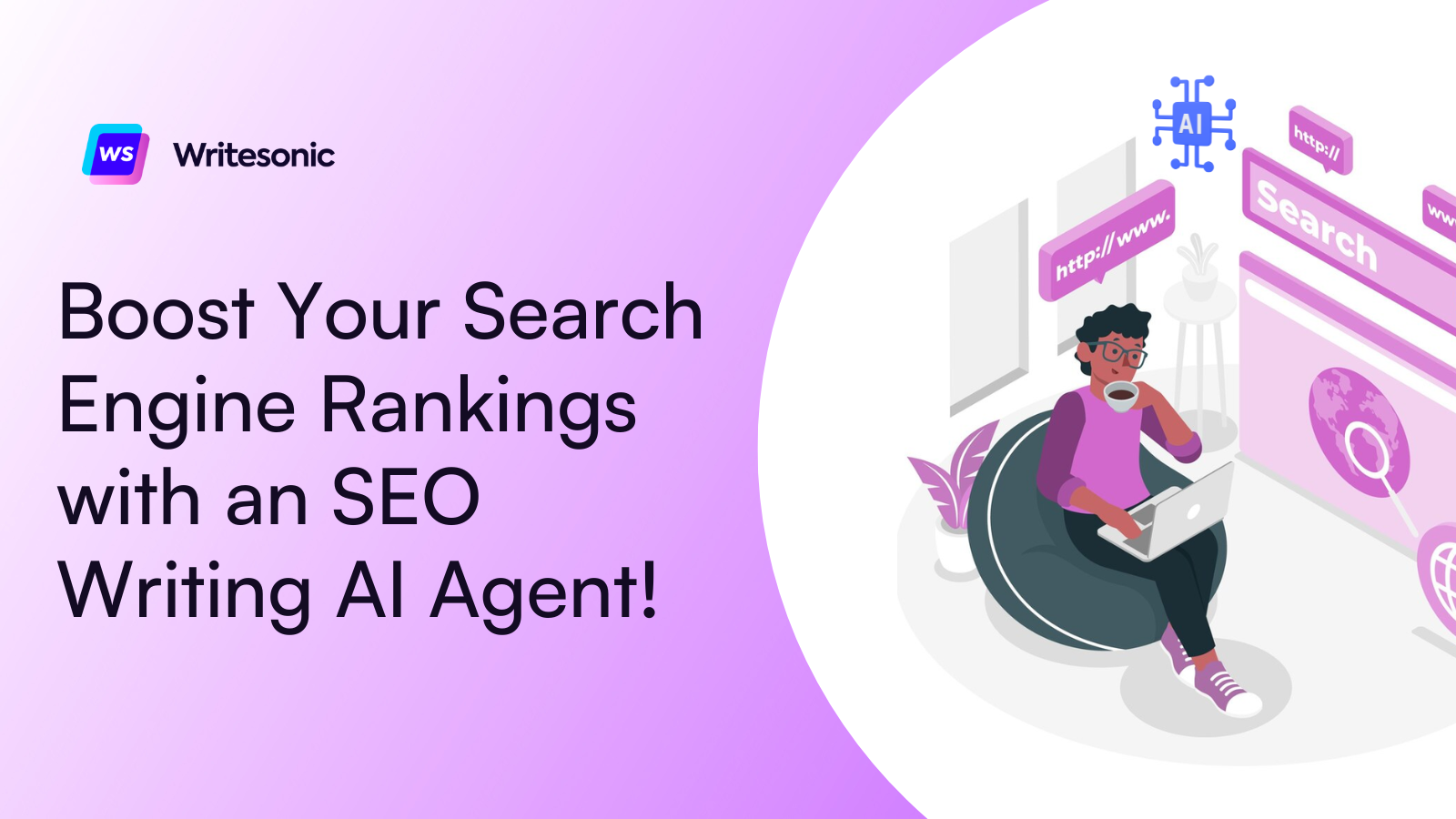

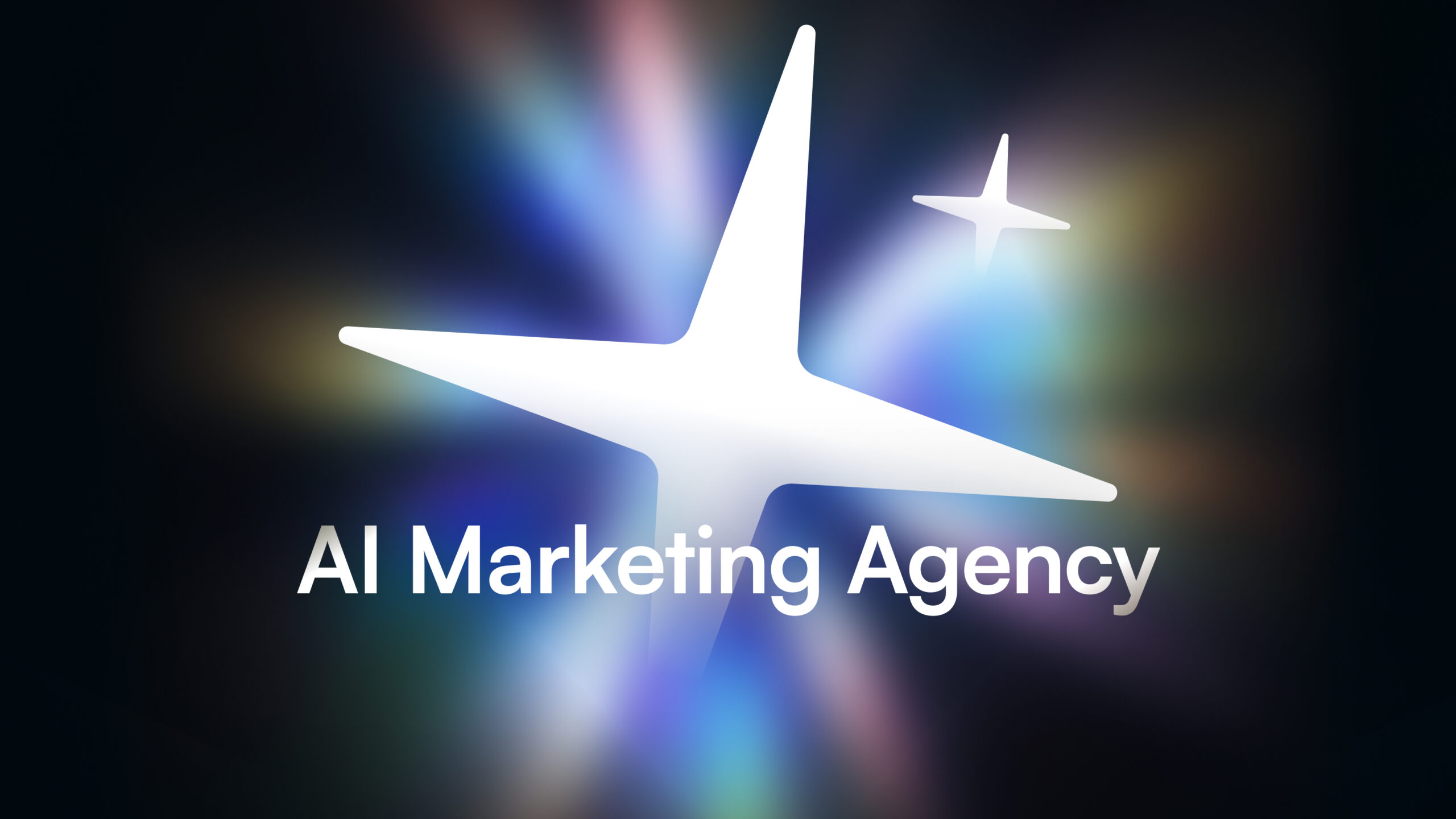
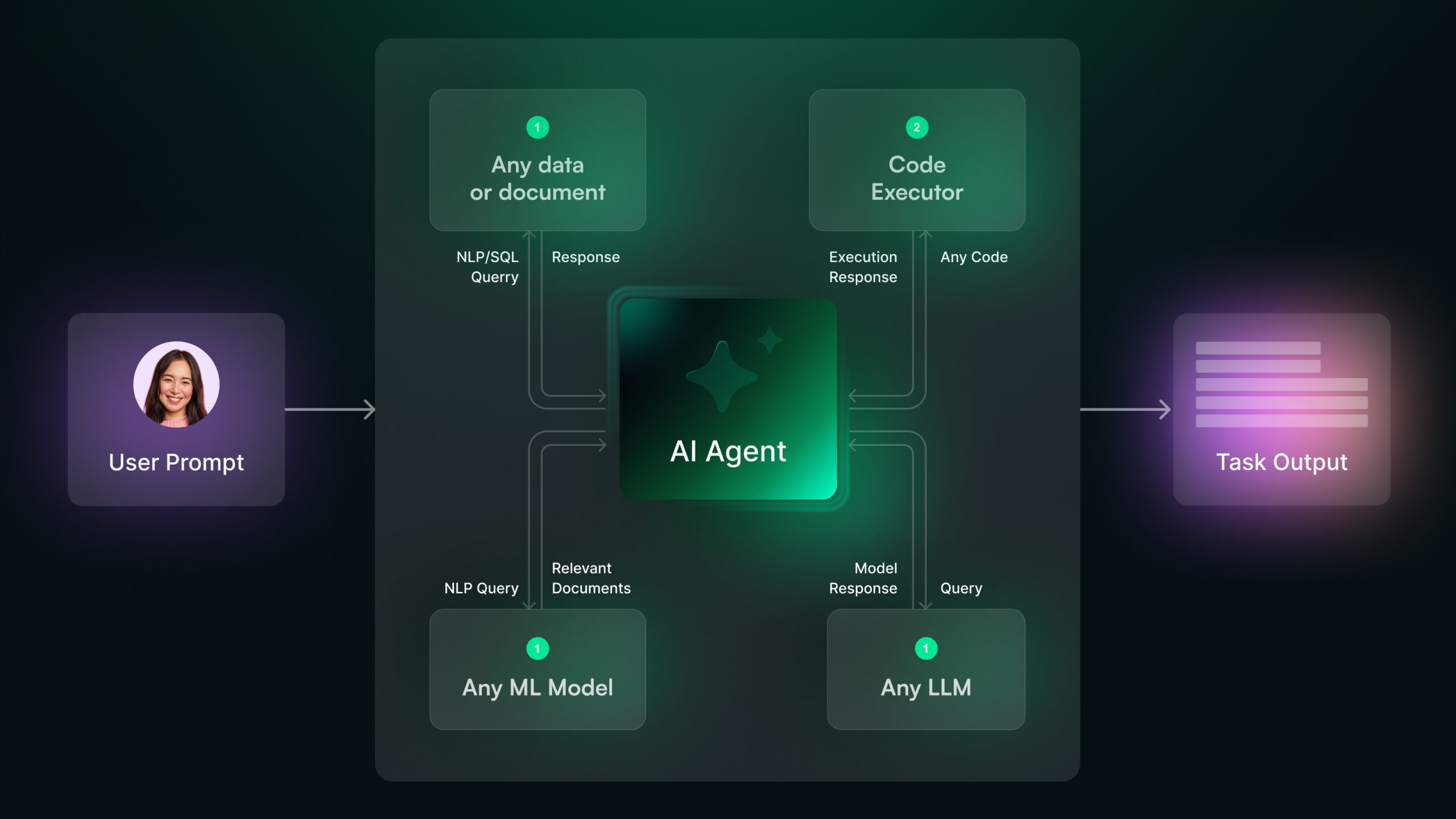
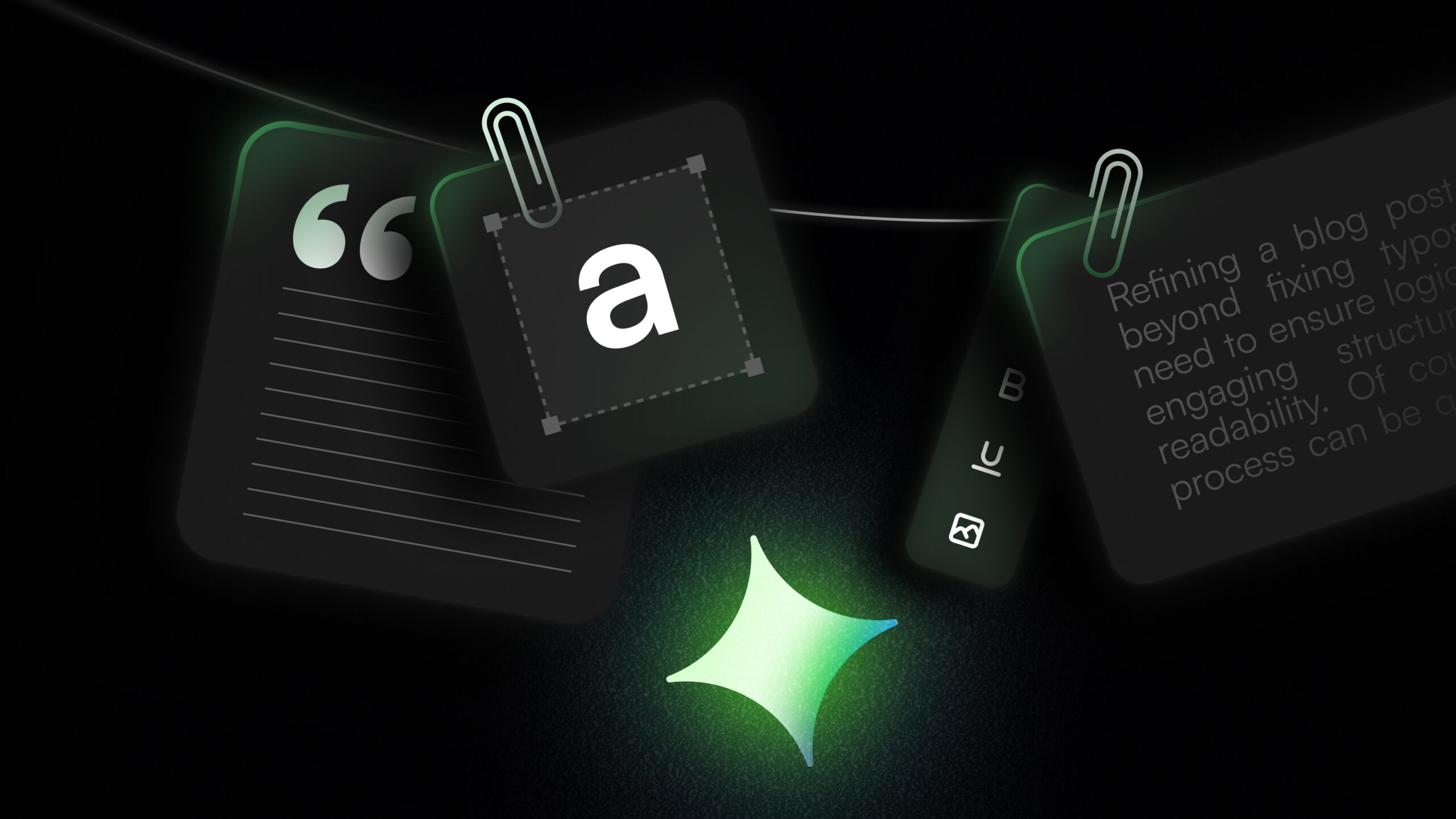


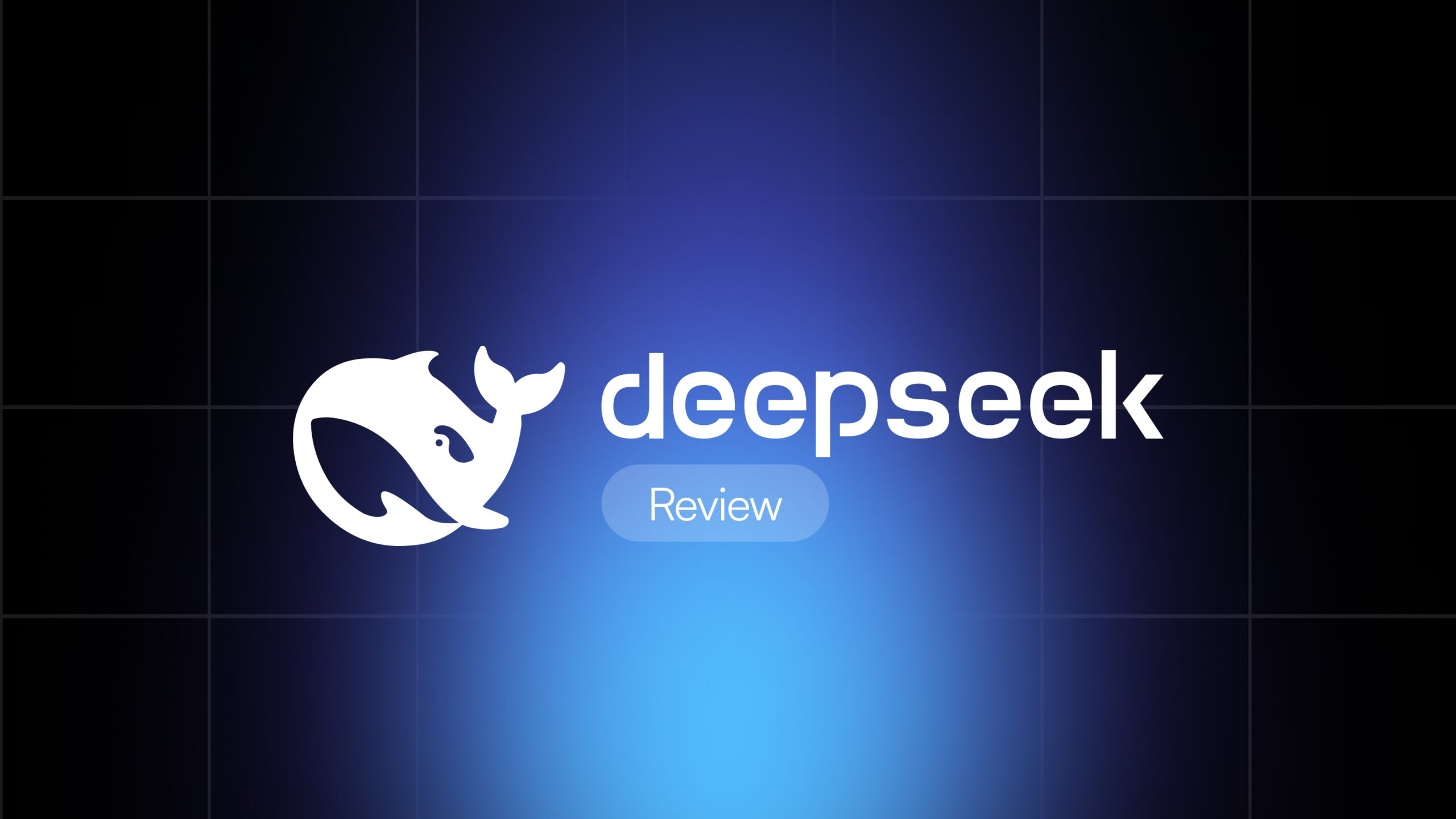

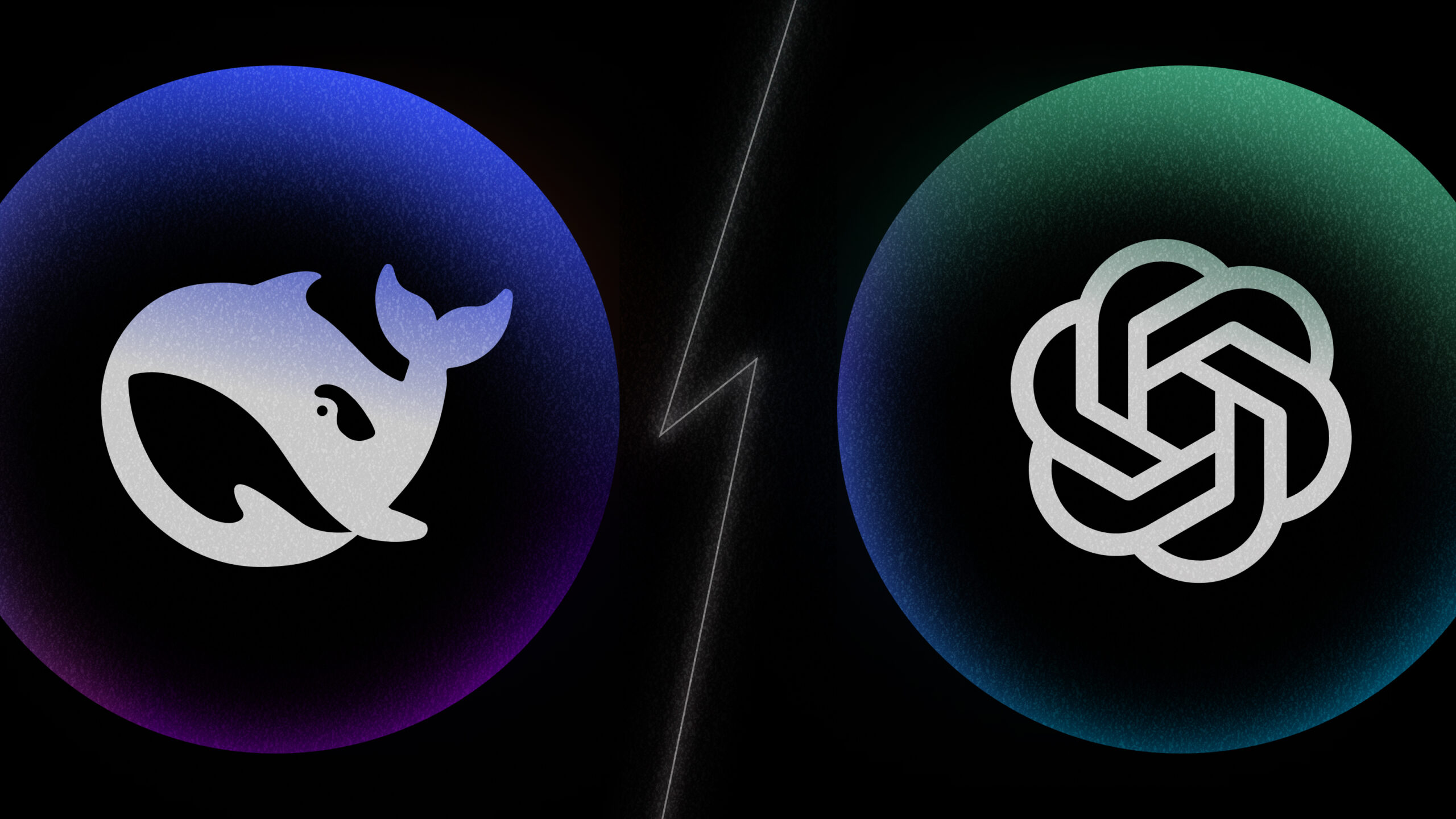

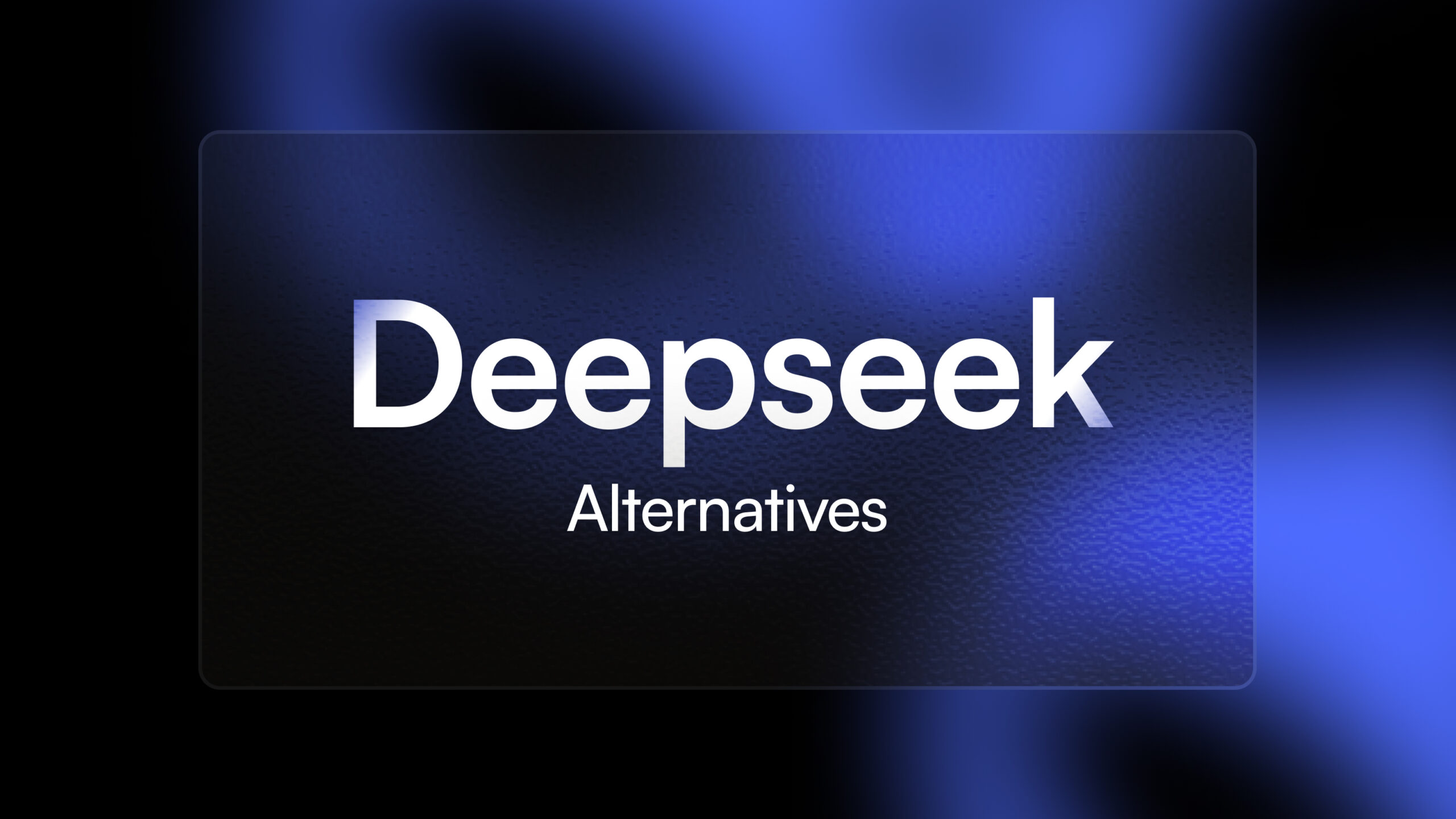
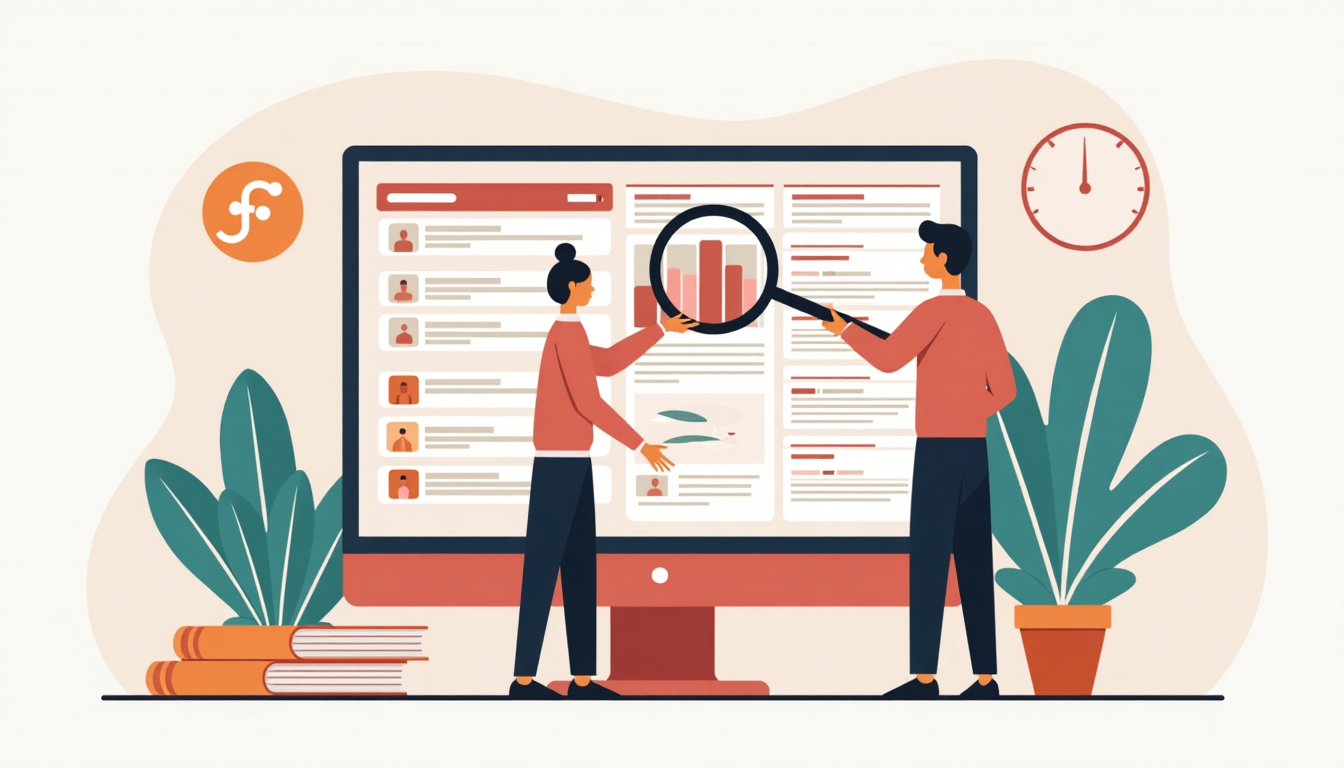

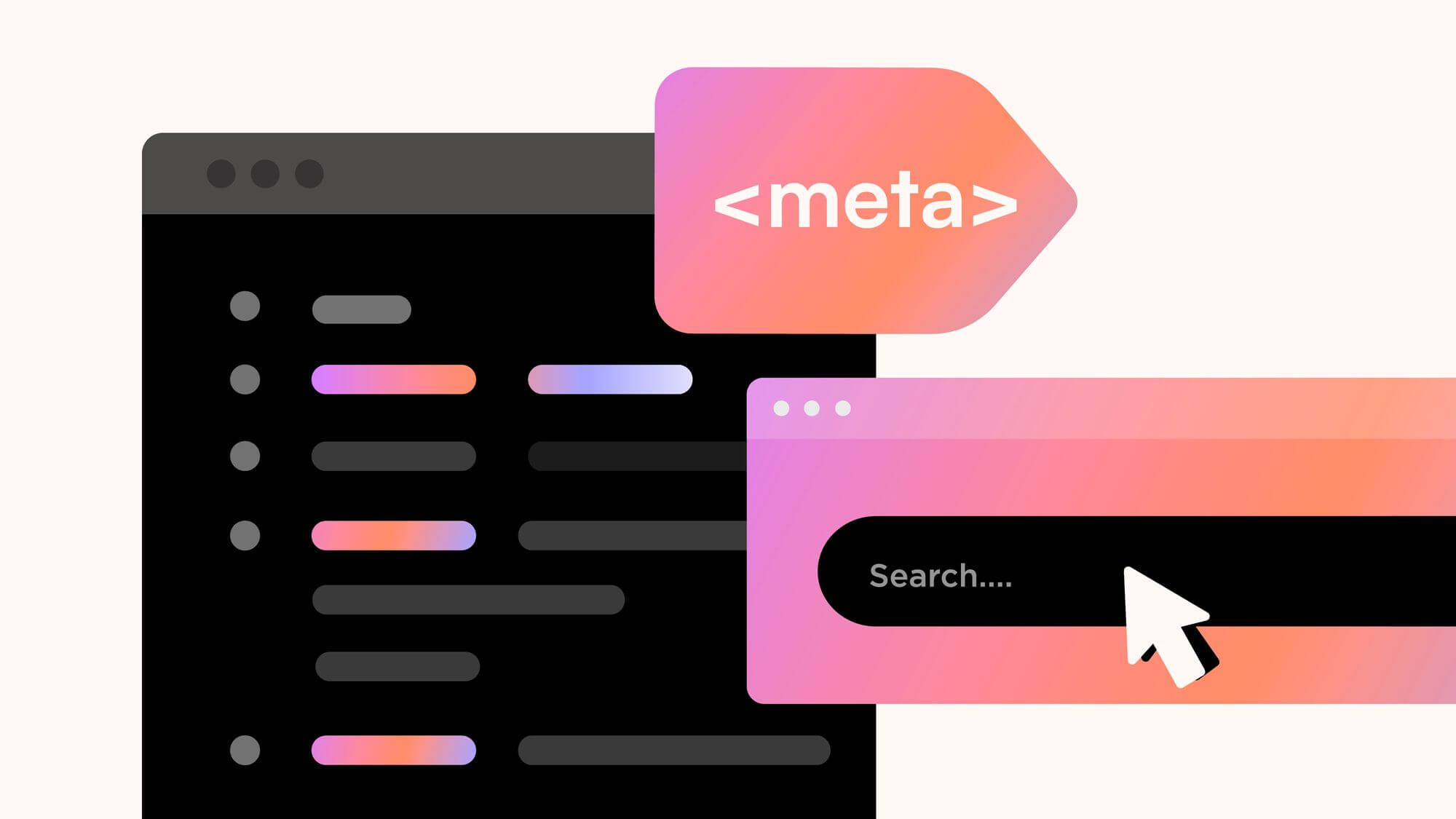
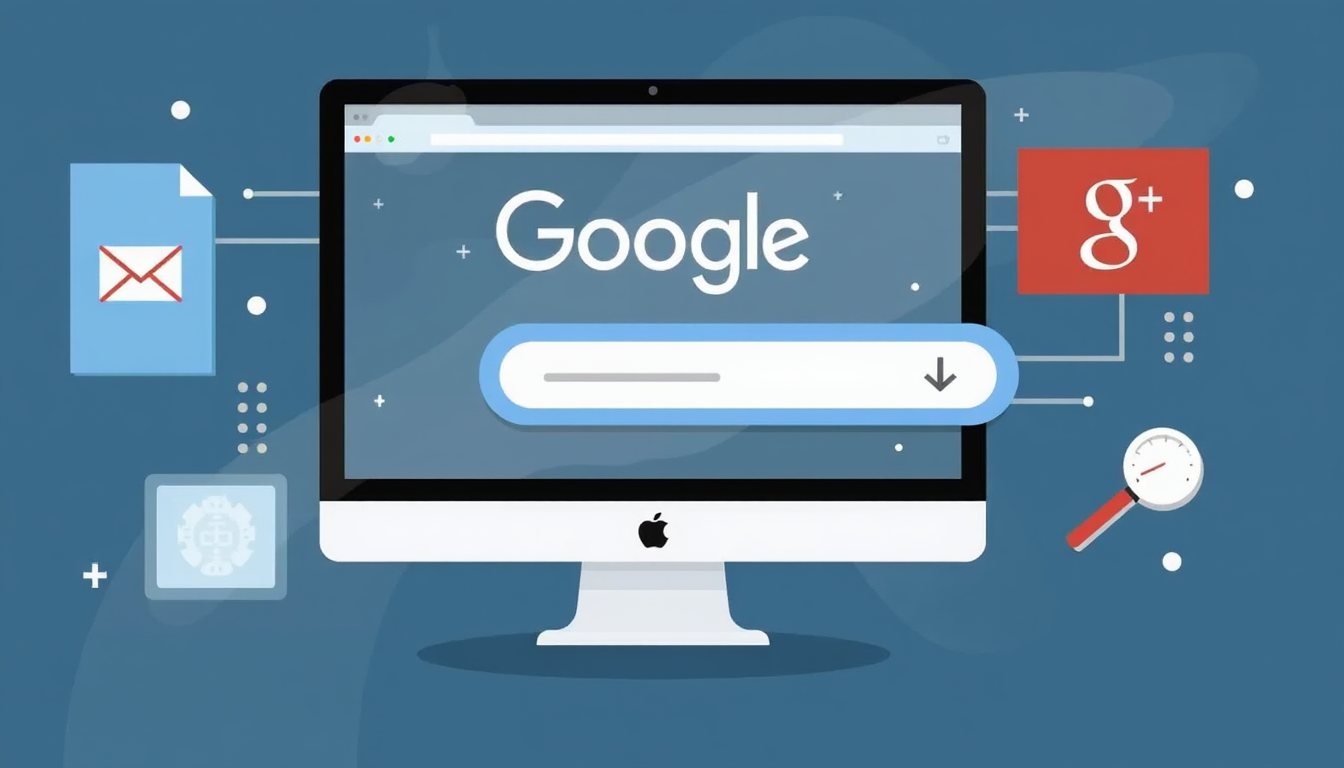
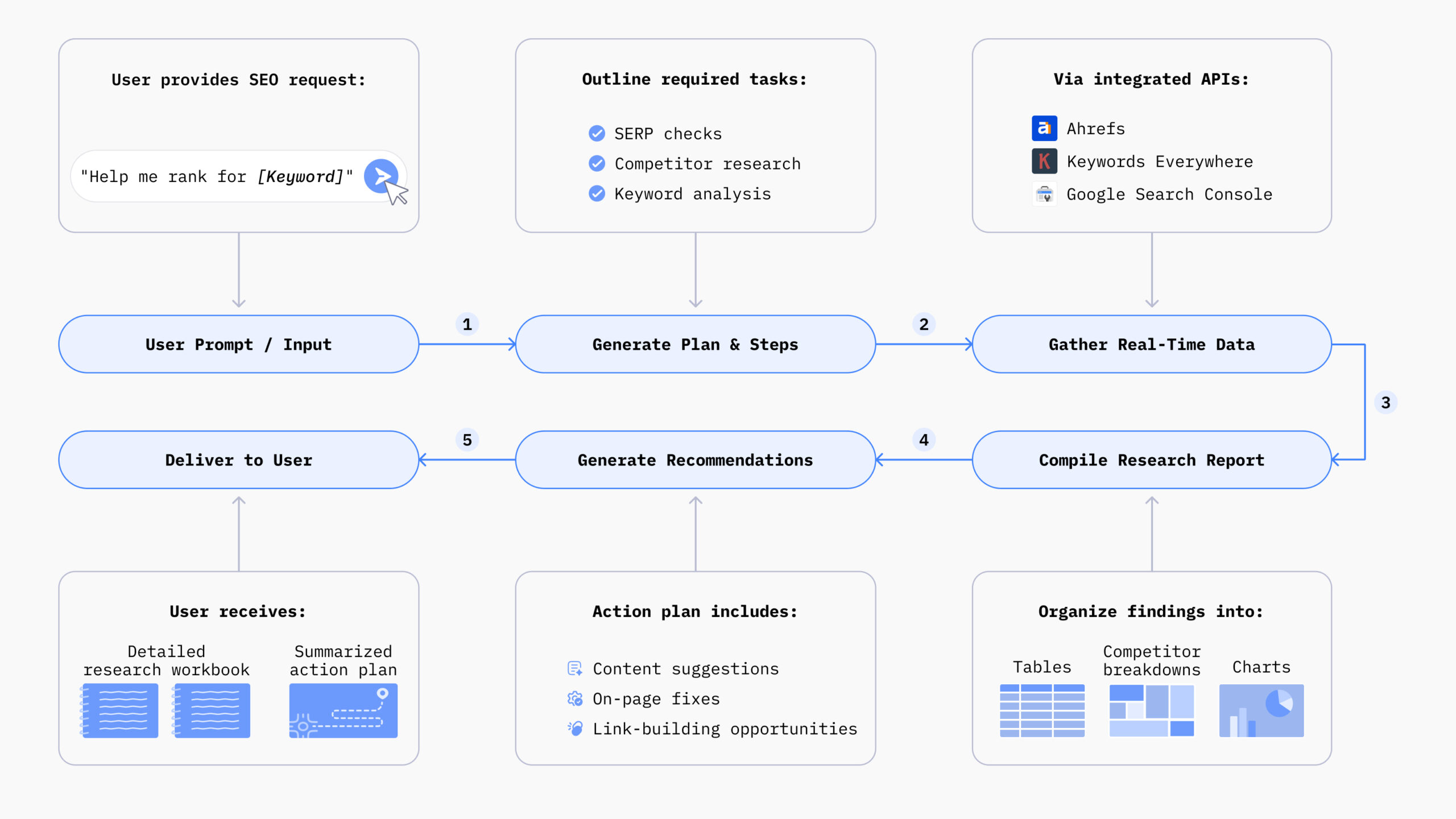
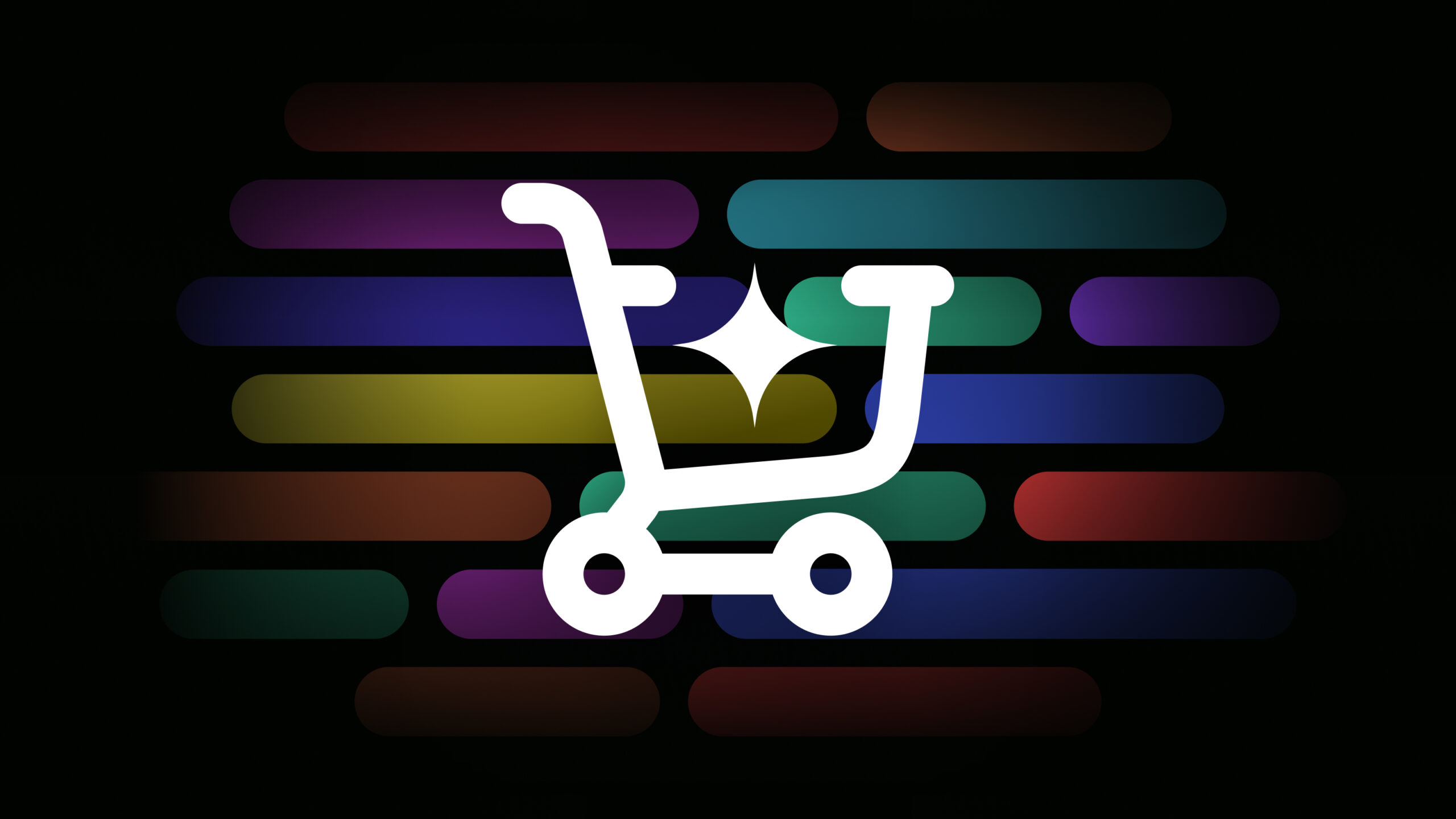

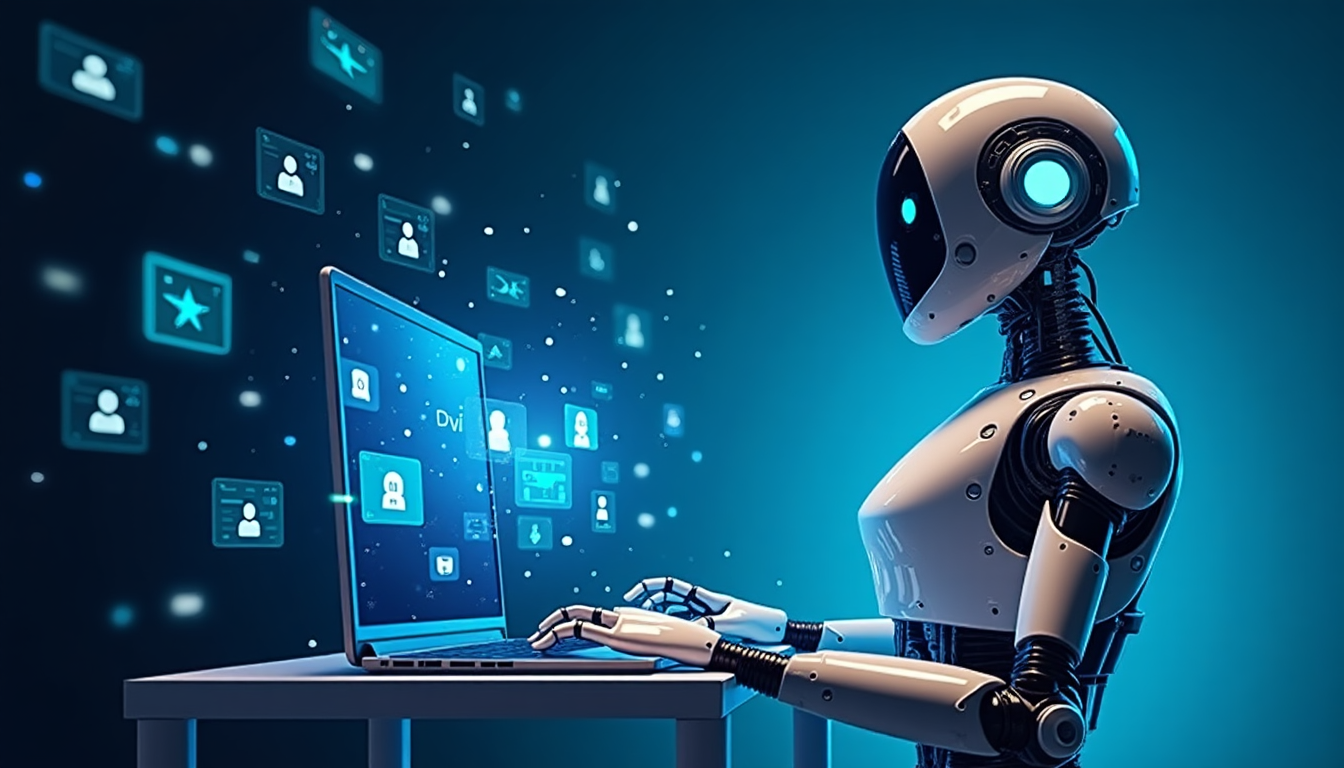
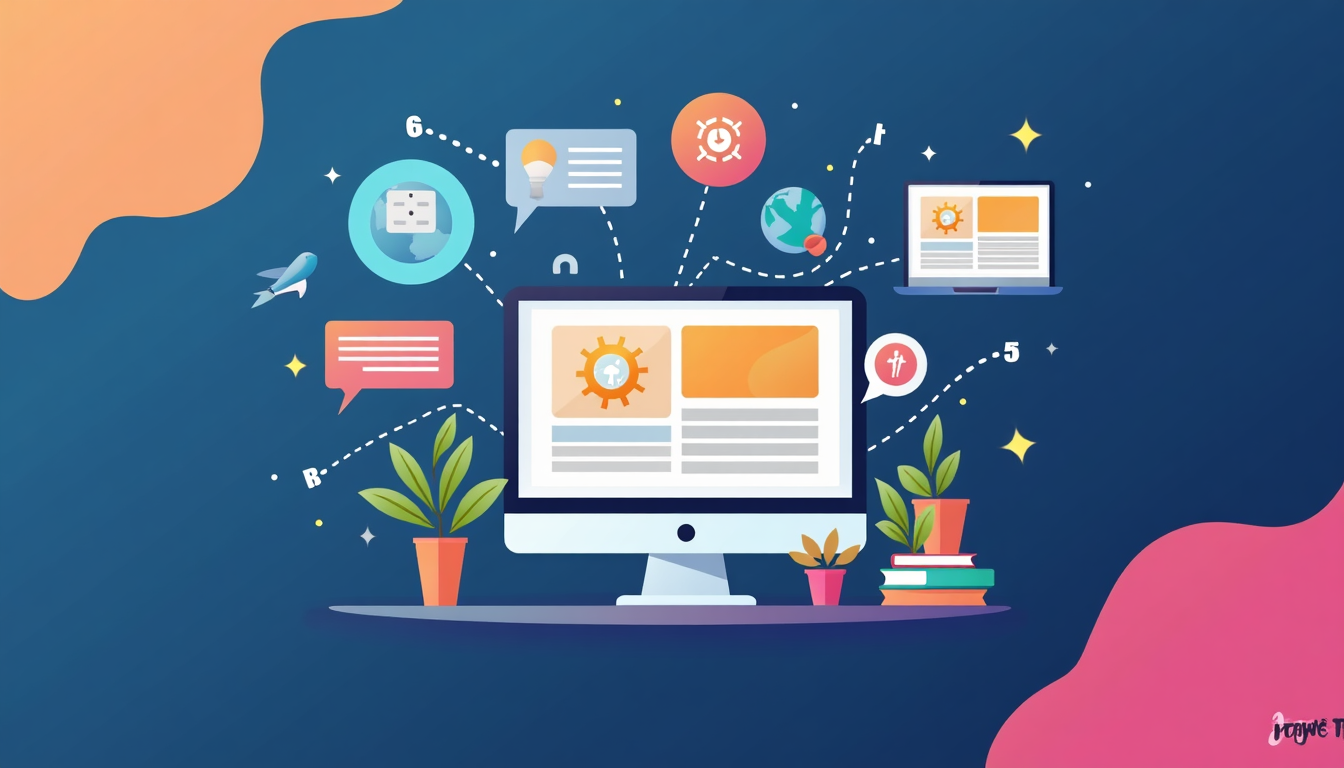


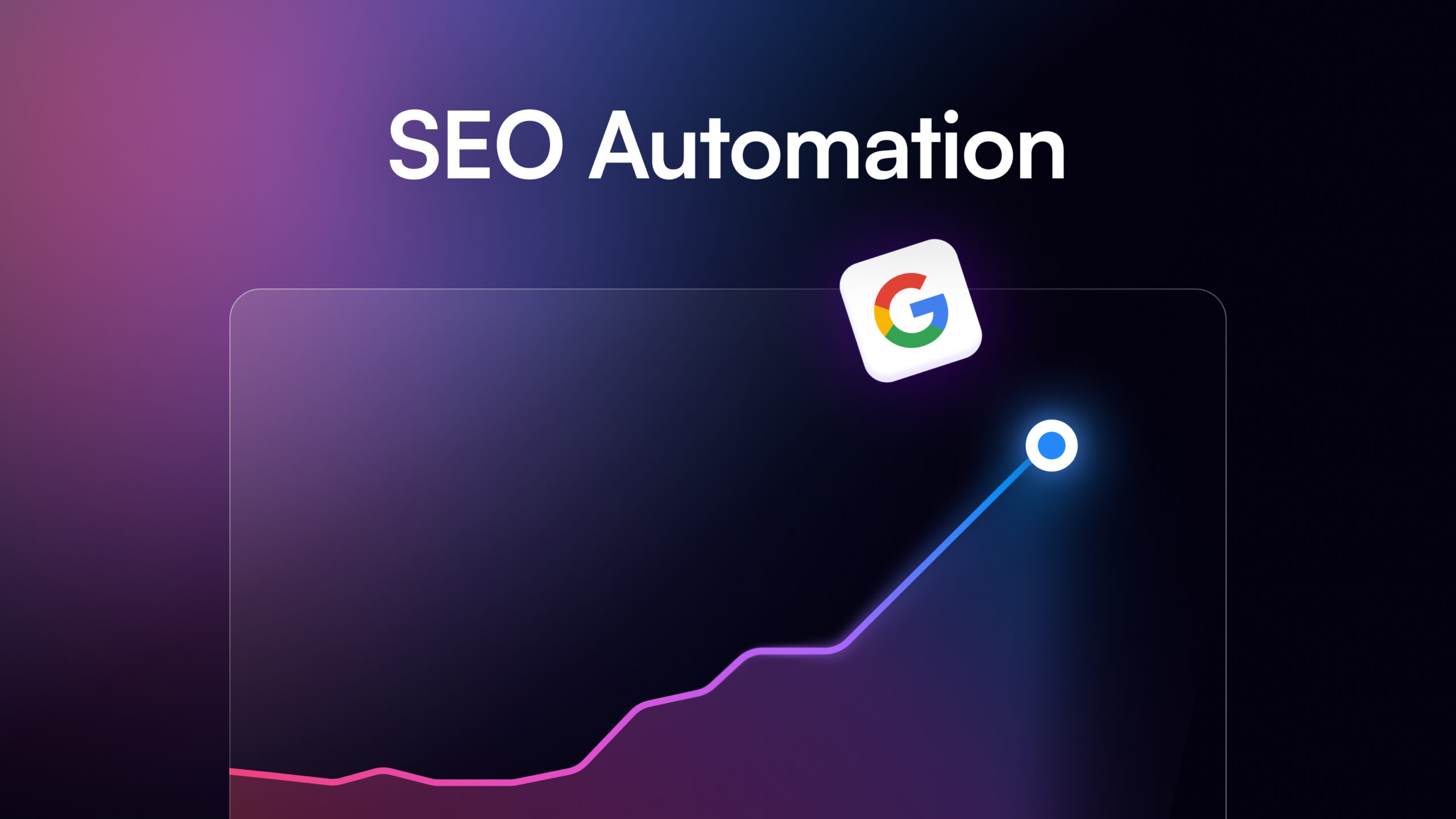

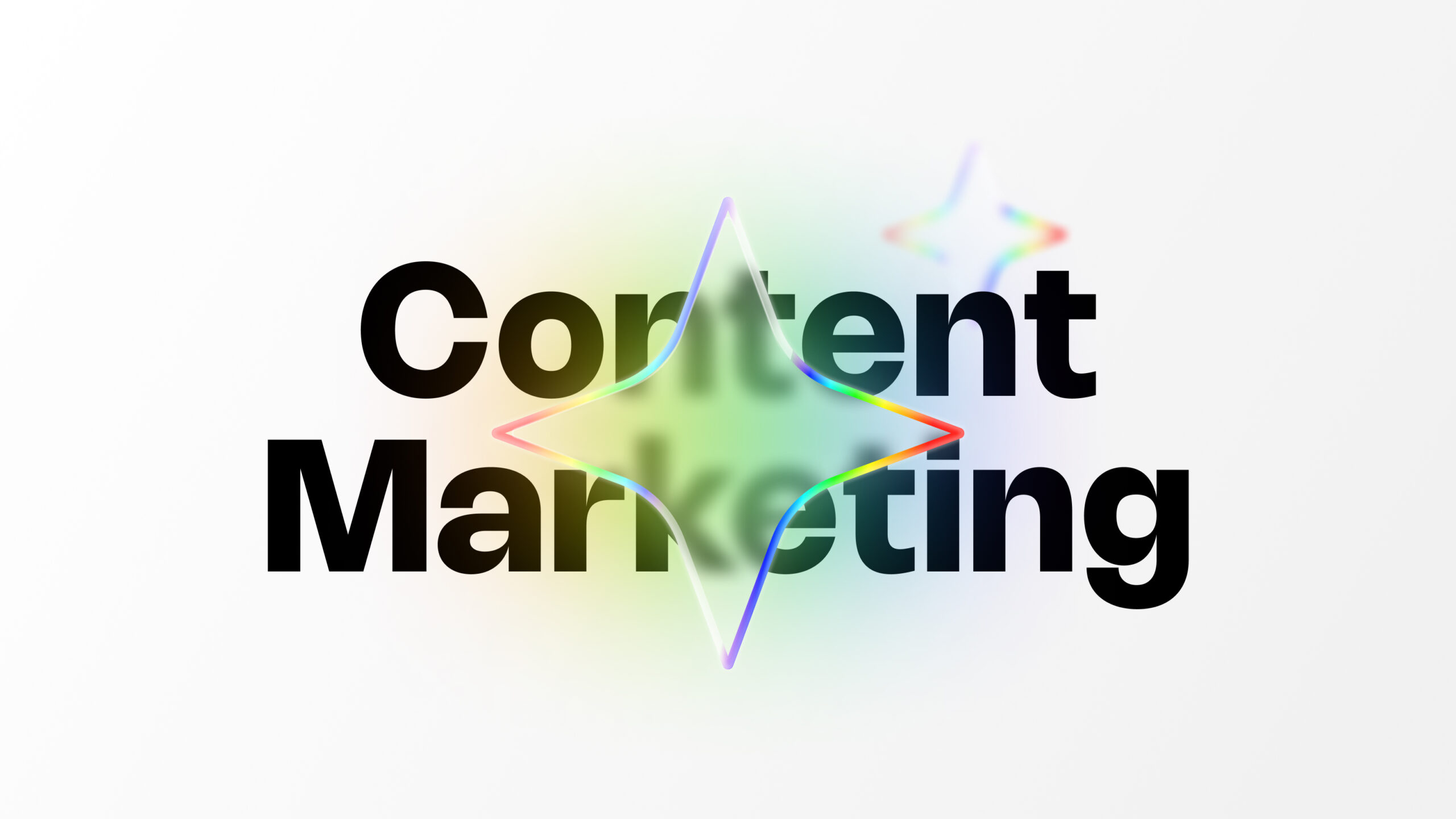

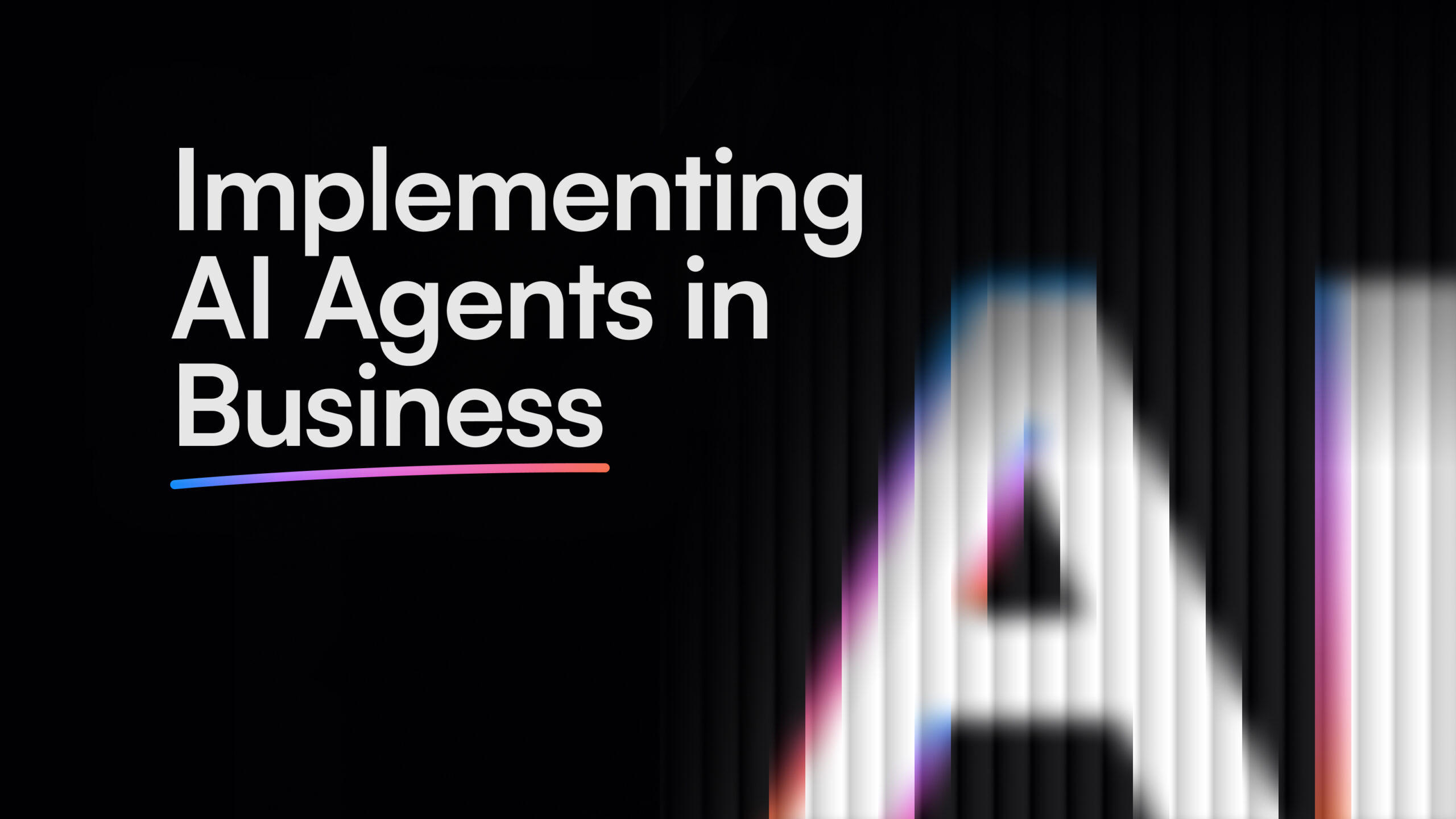
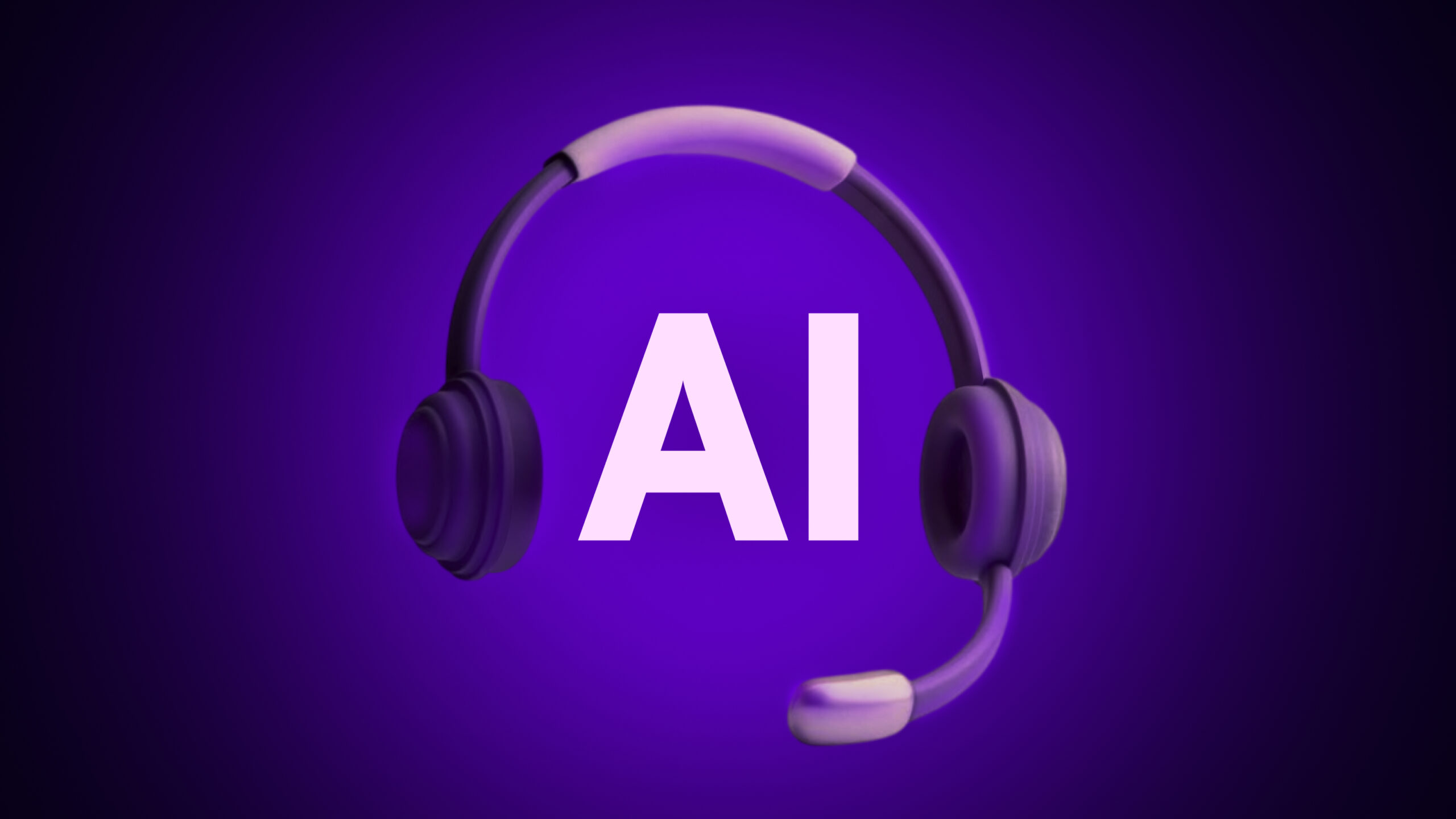
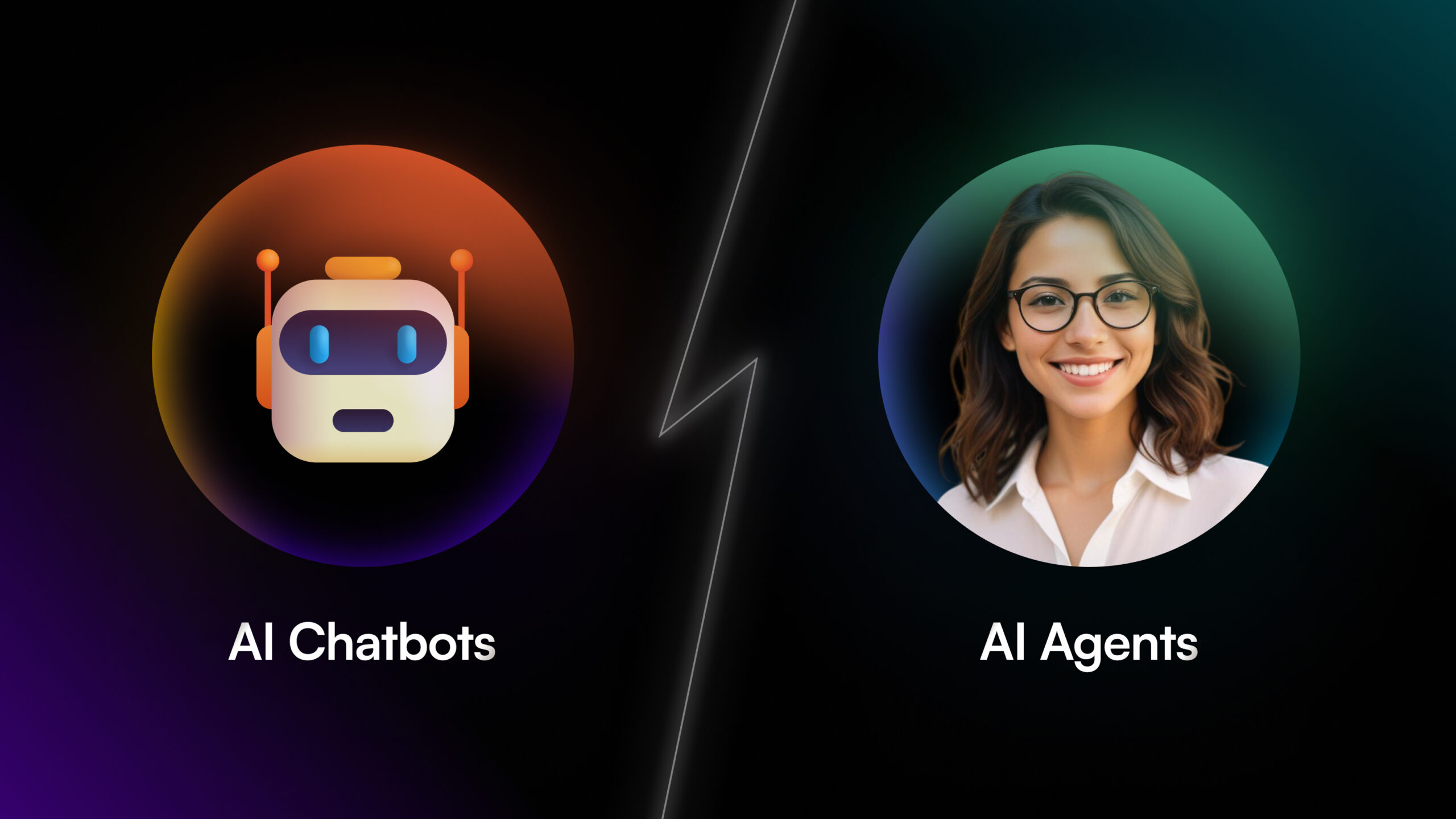
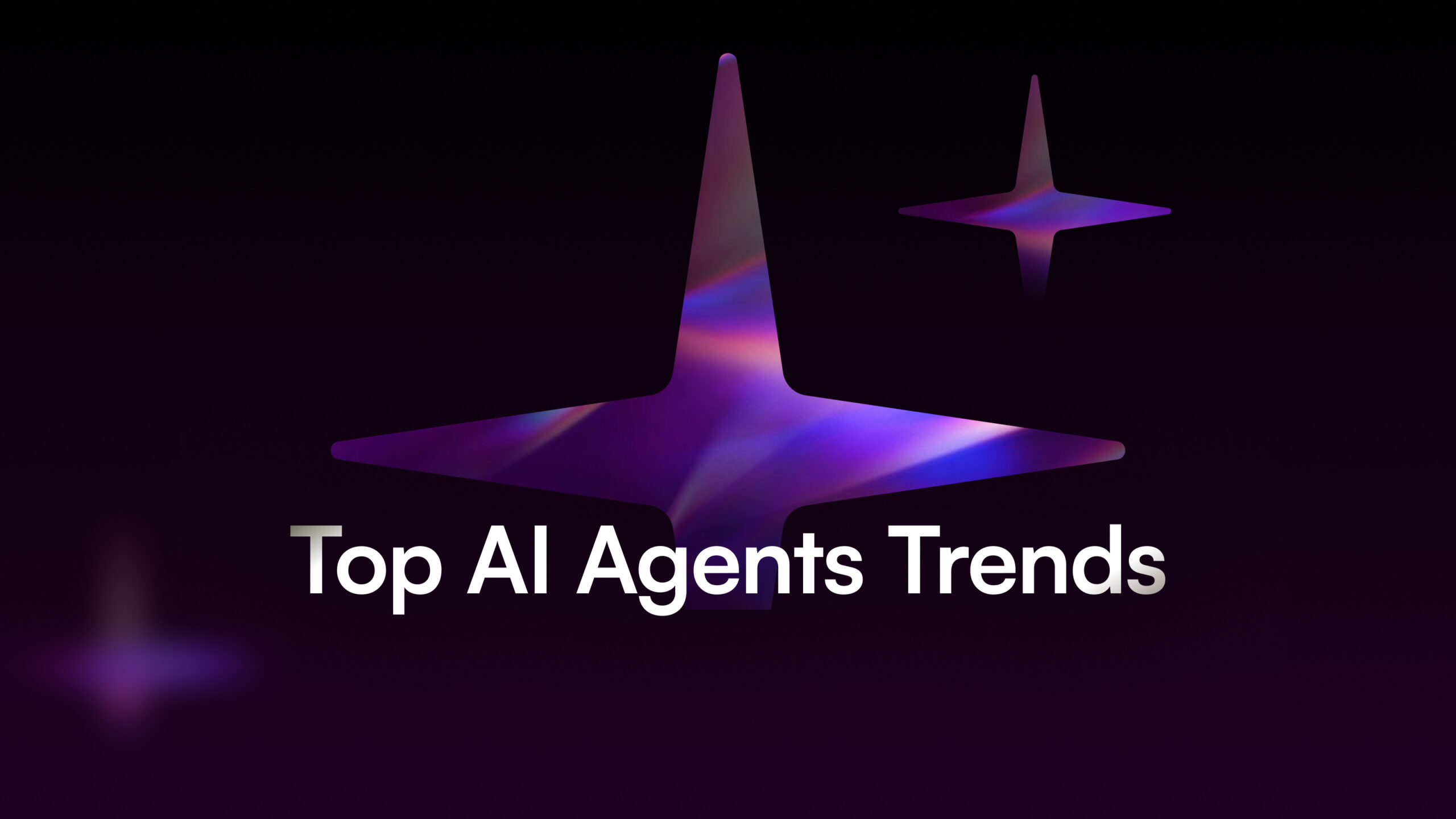
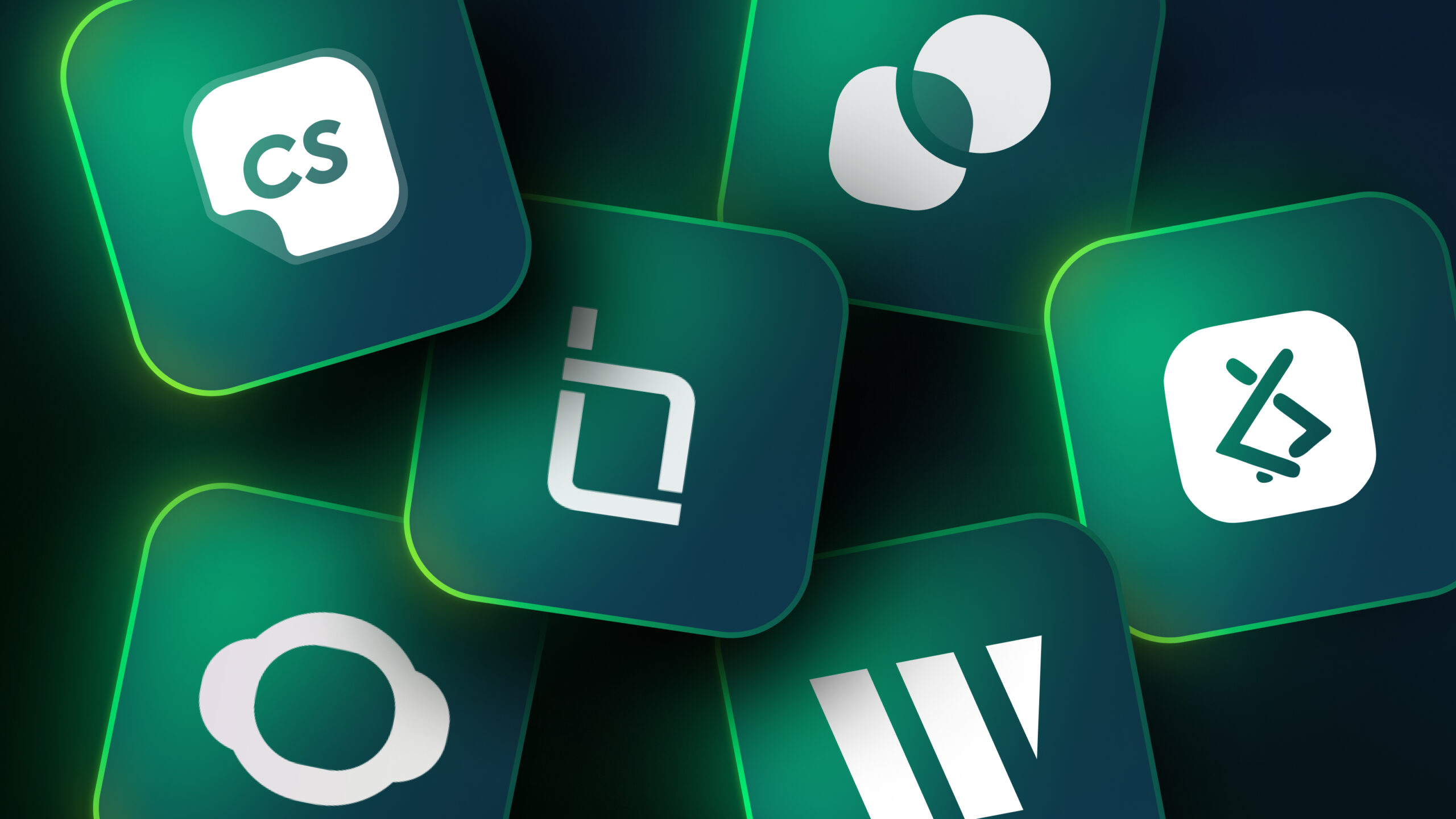
![How to Scale Your Business Using B2B AI Agents [+ Tools to Try]](/wp-content/uploads/B2B-AI-Agents-scaled.jpg)
